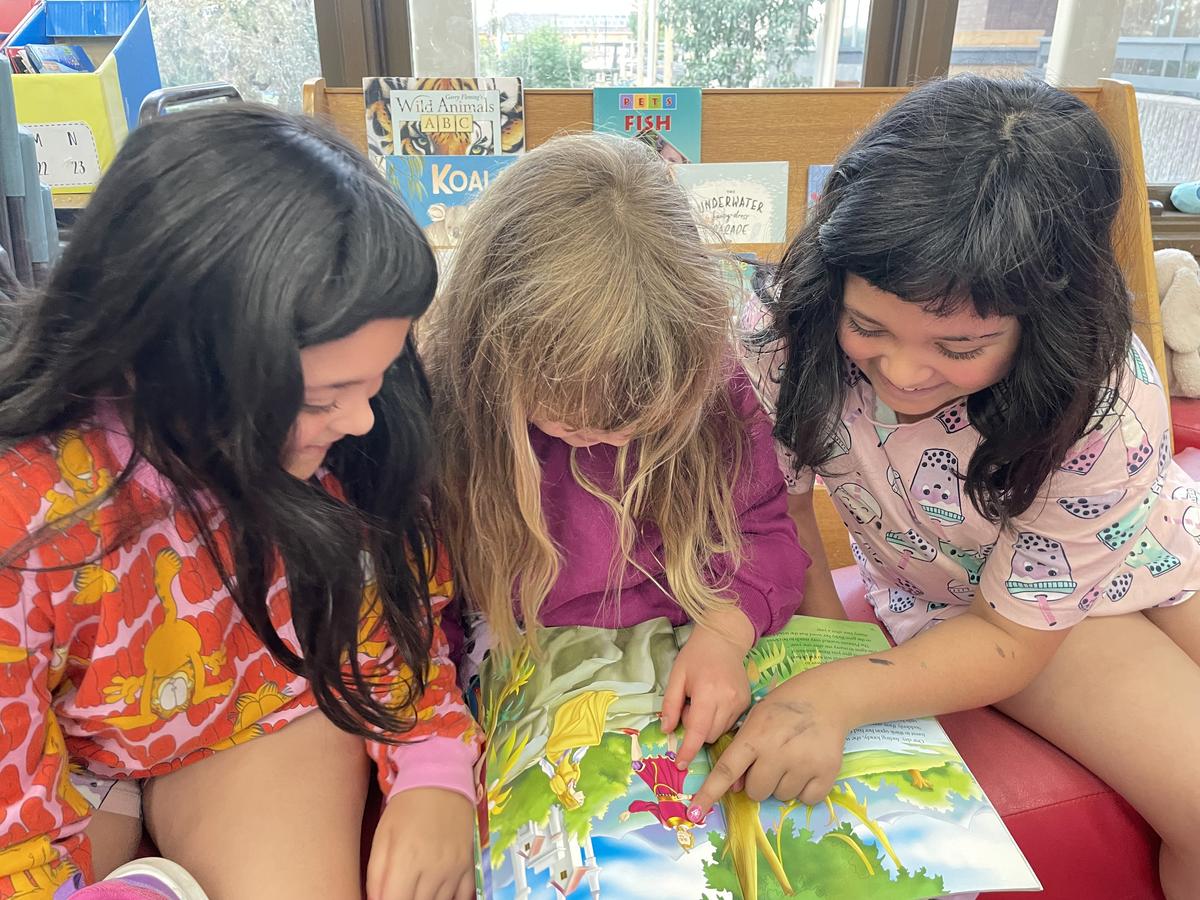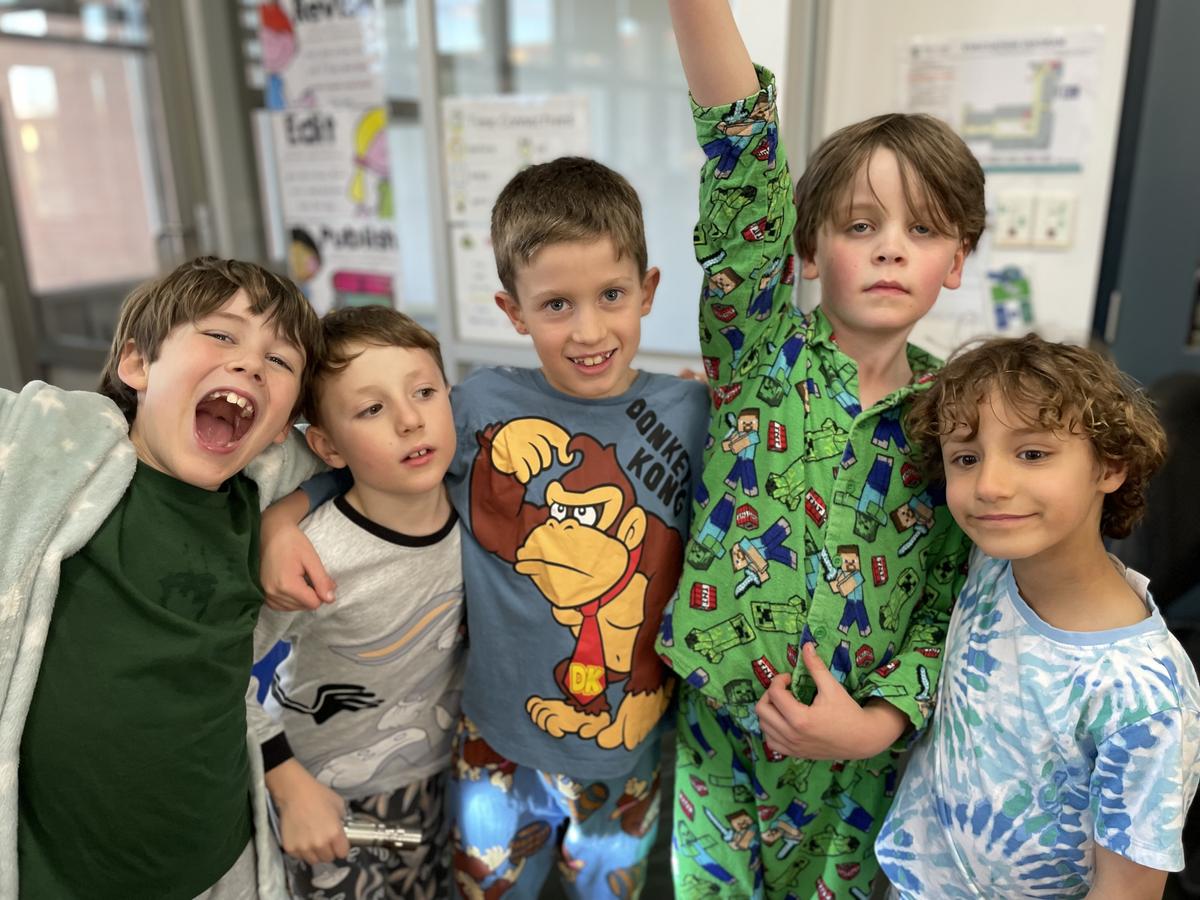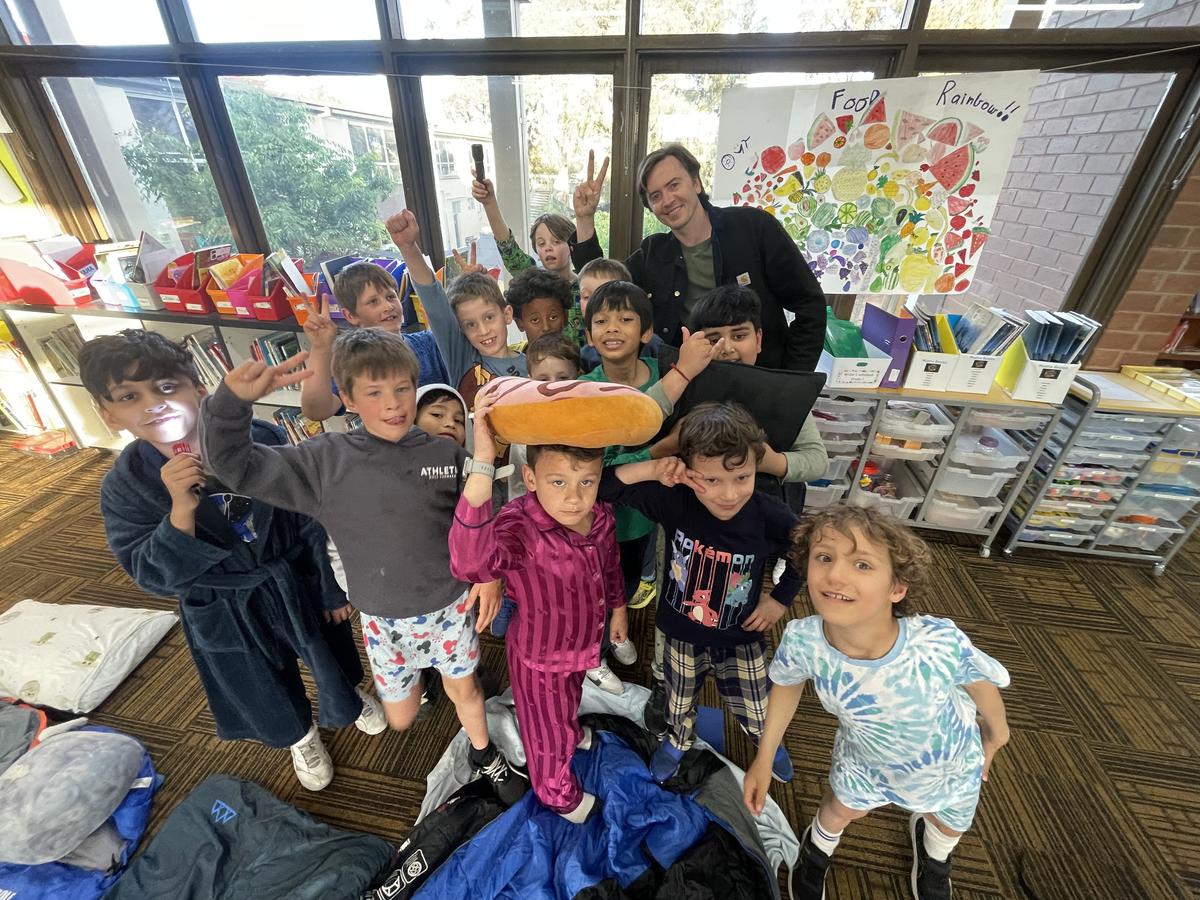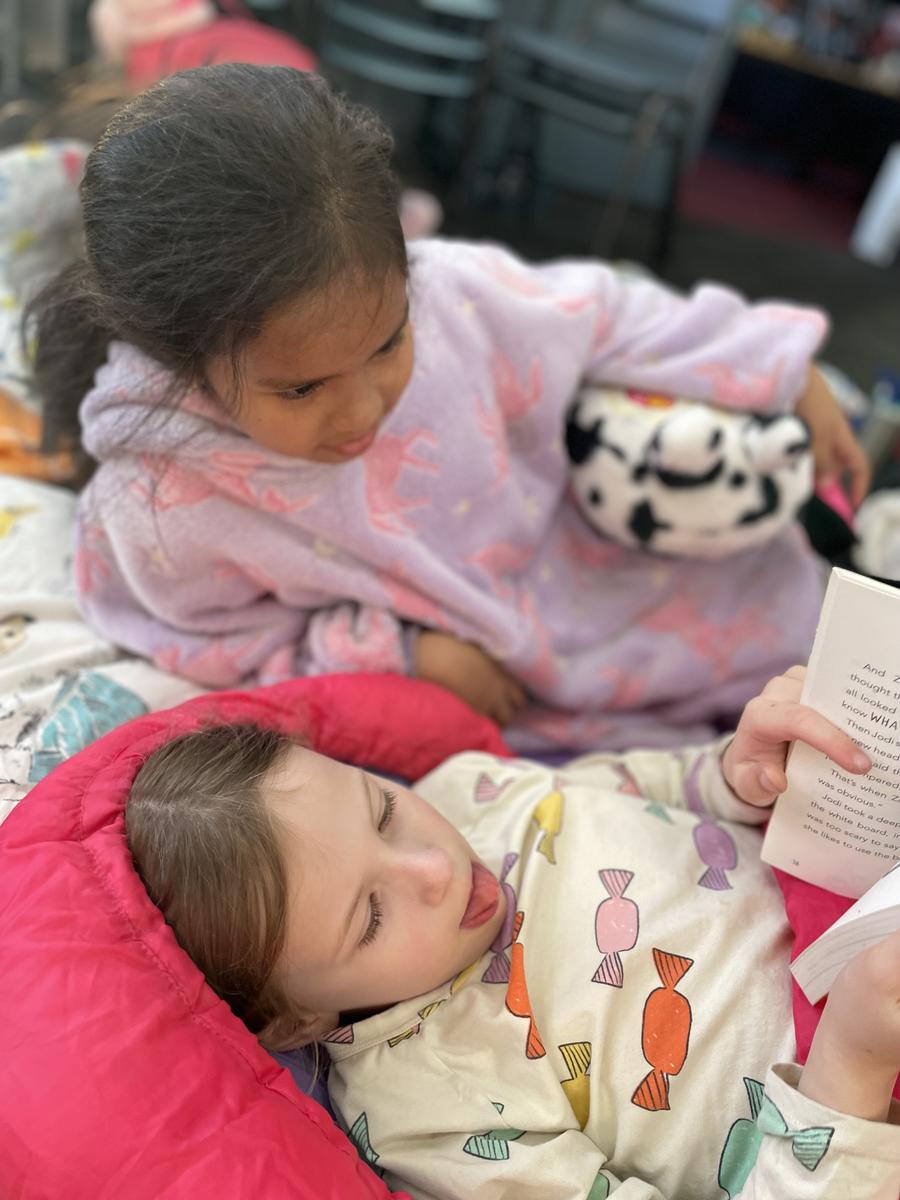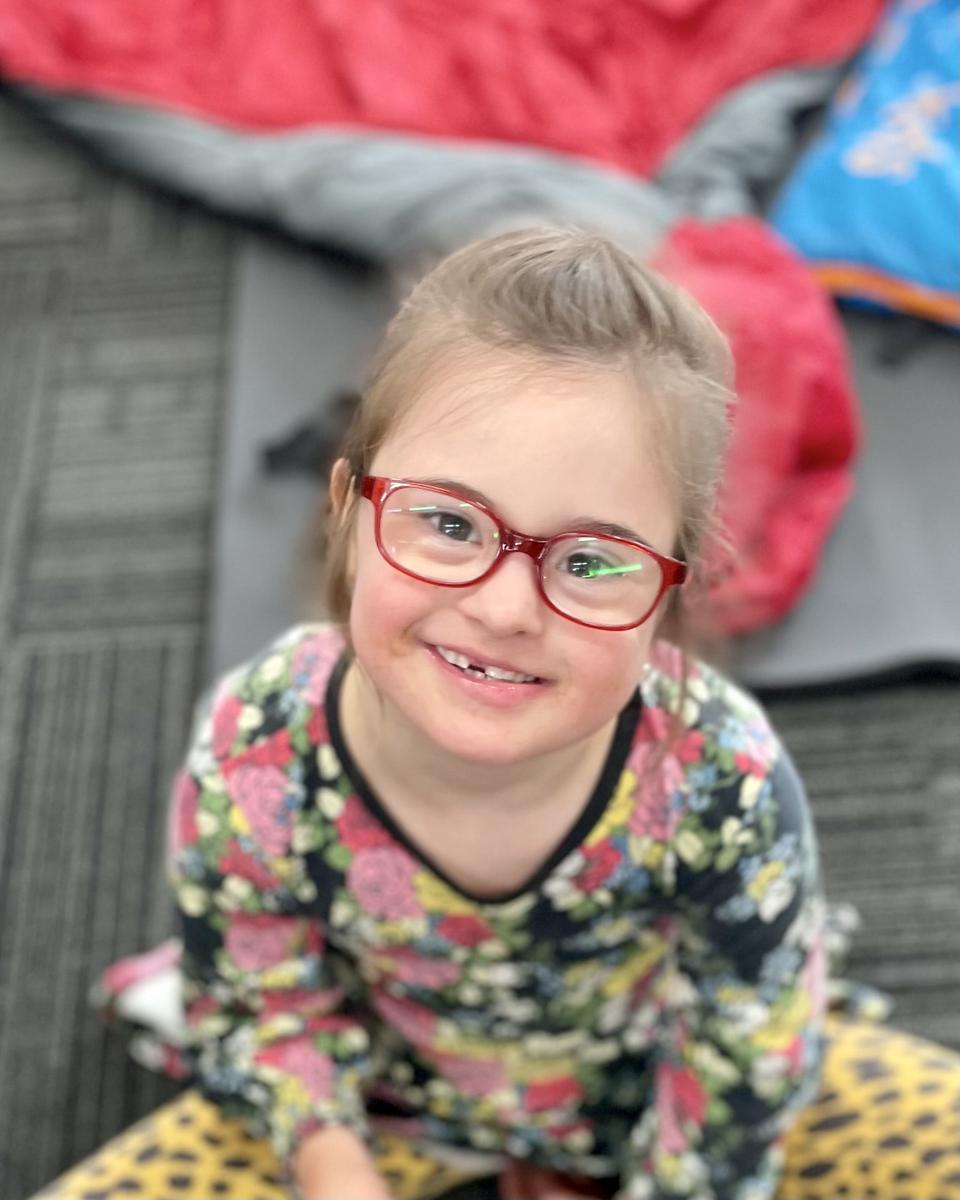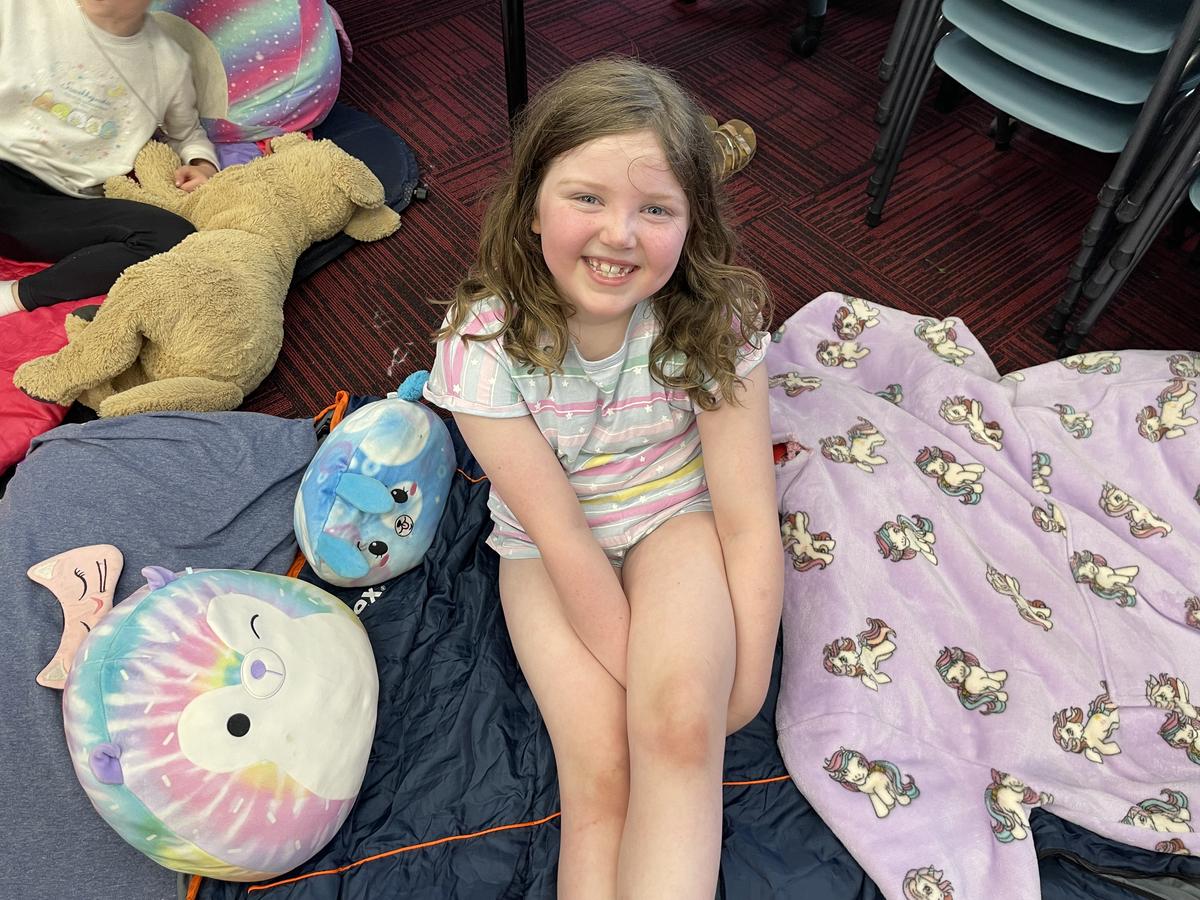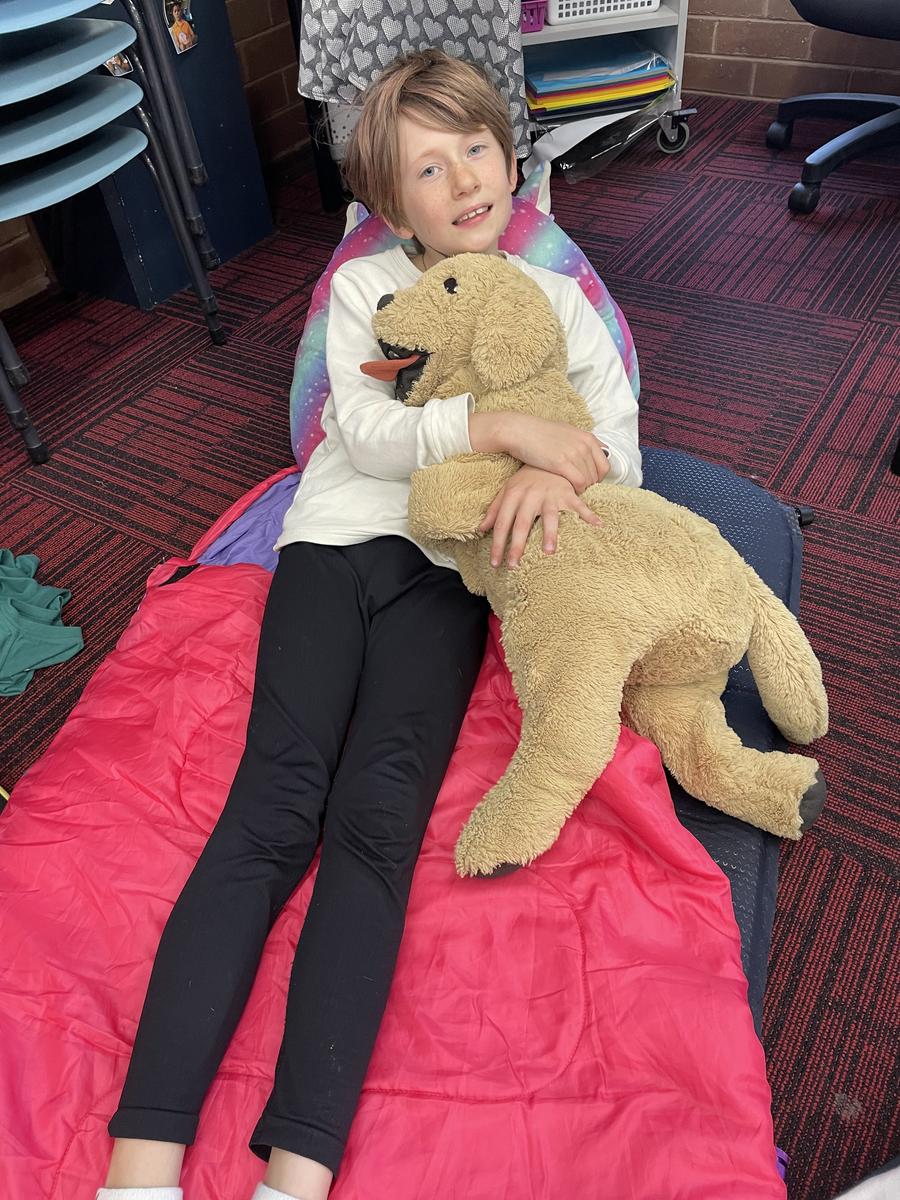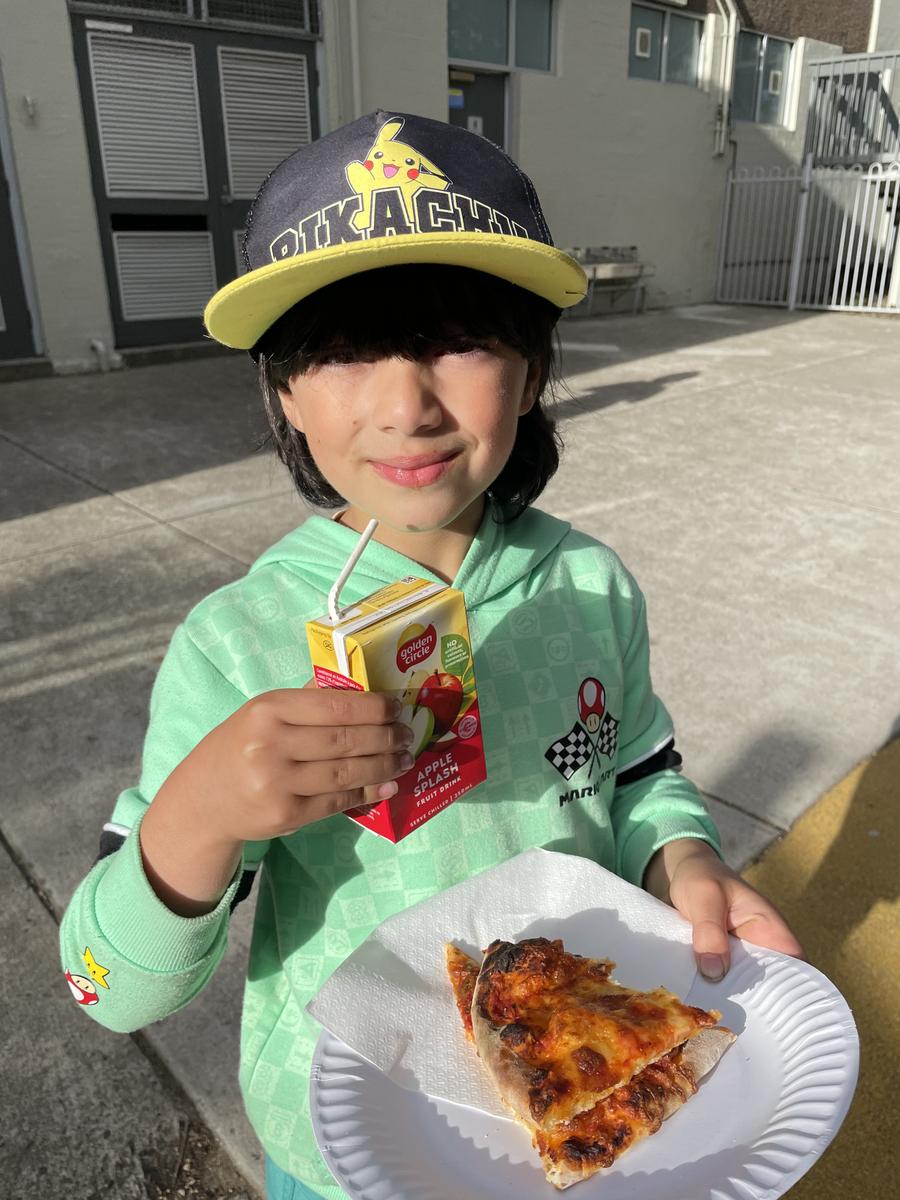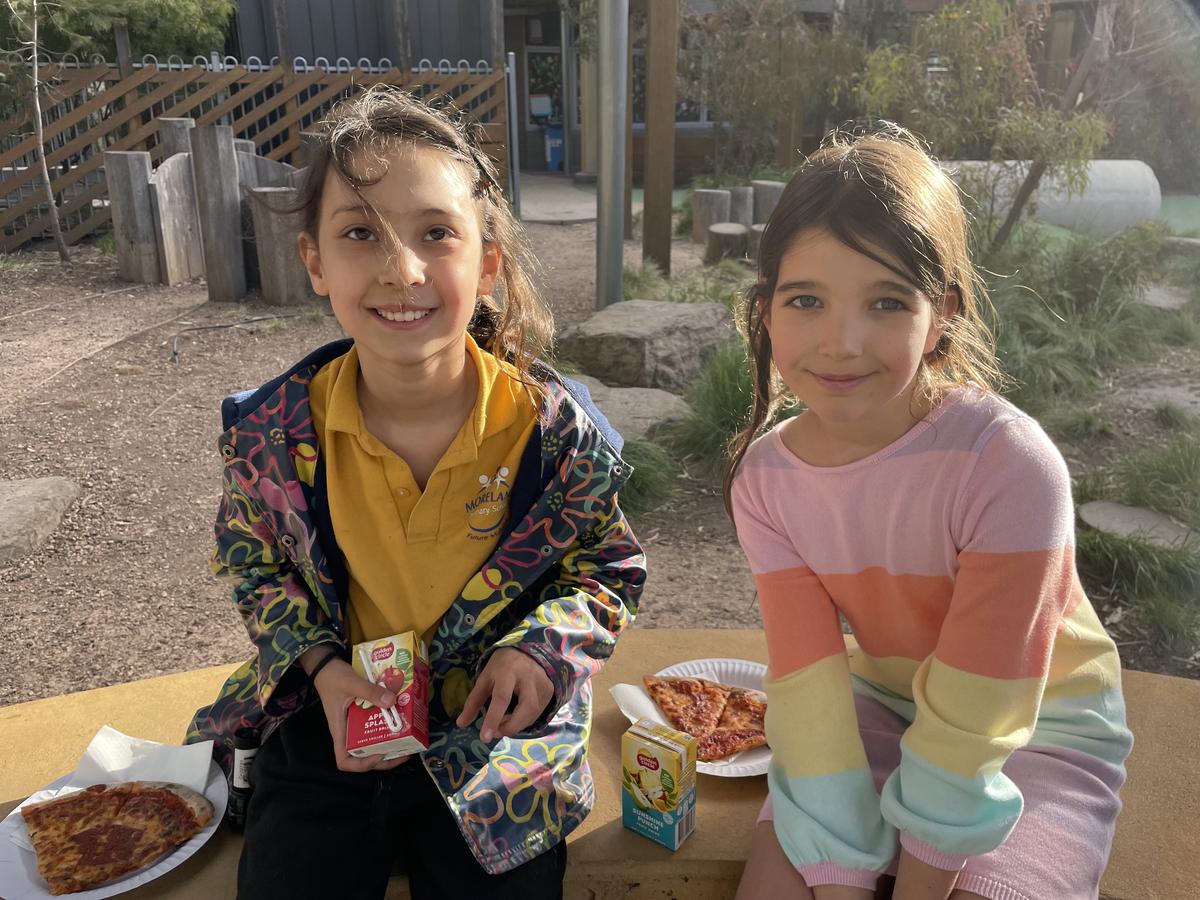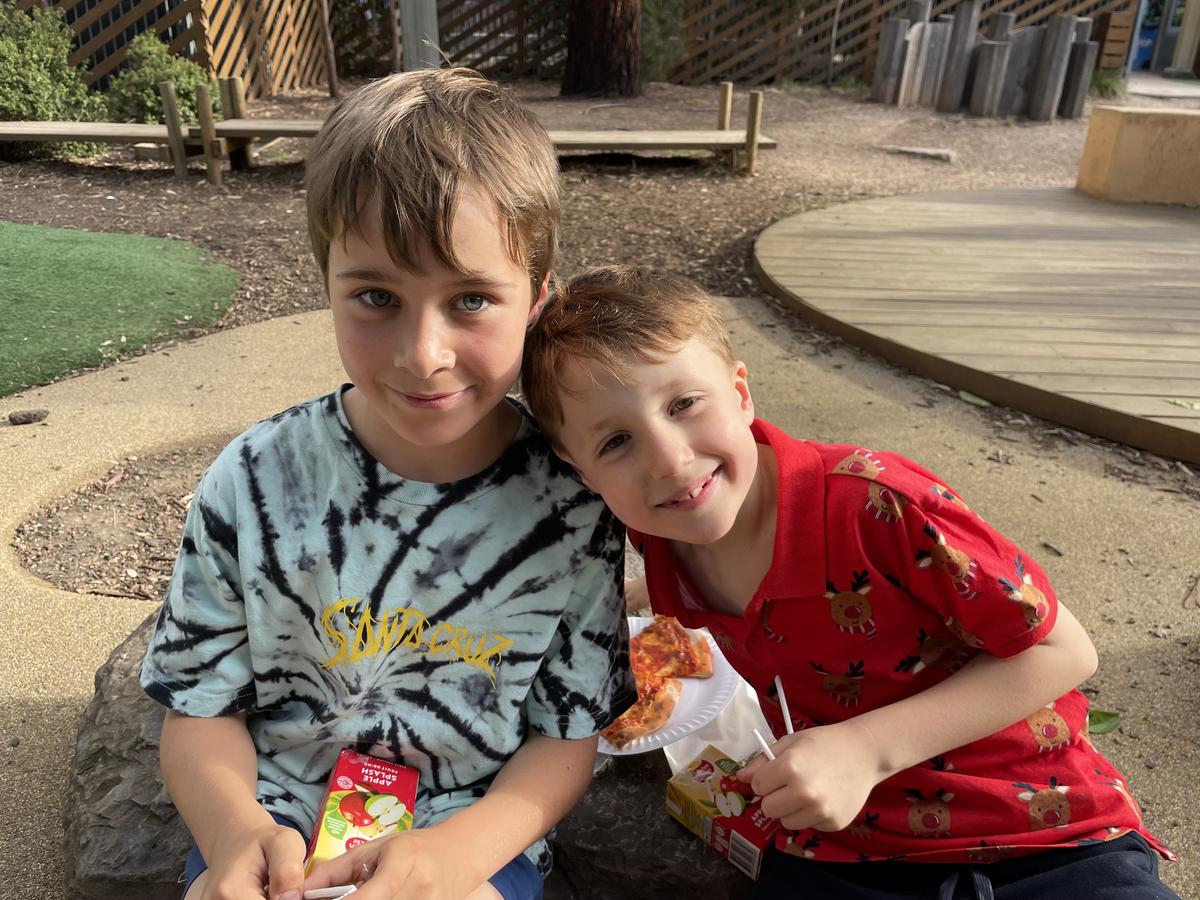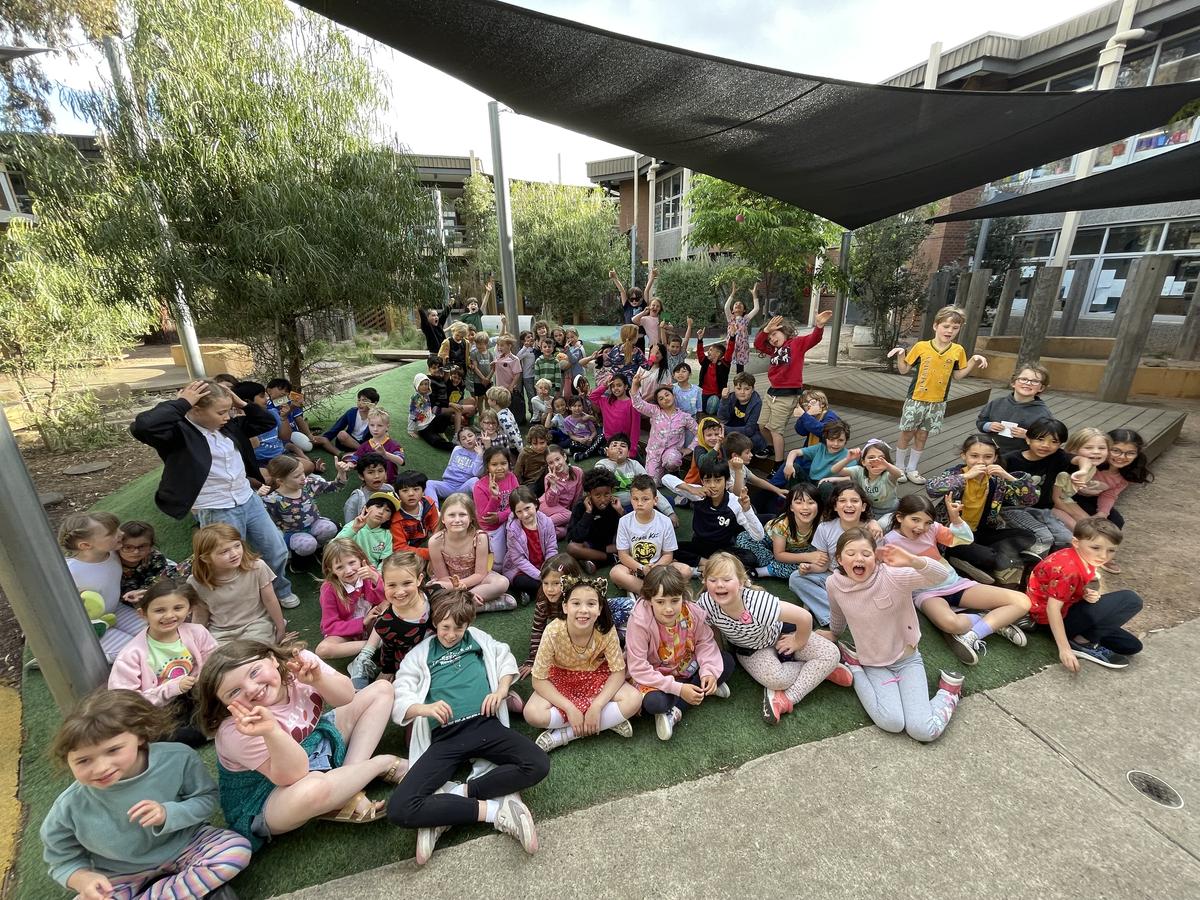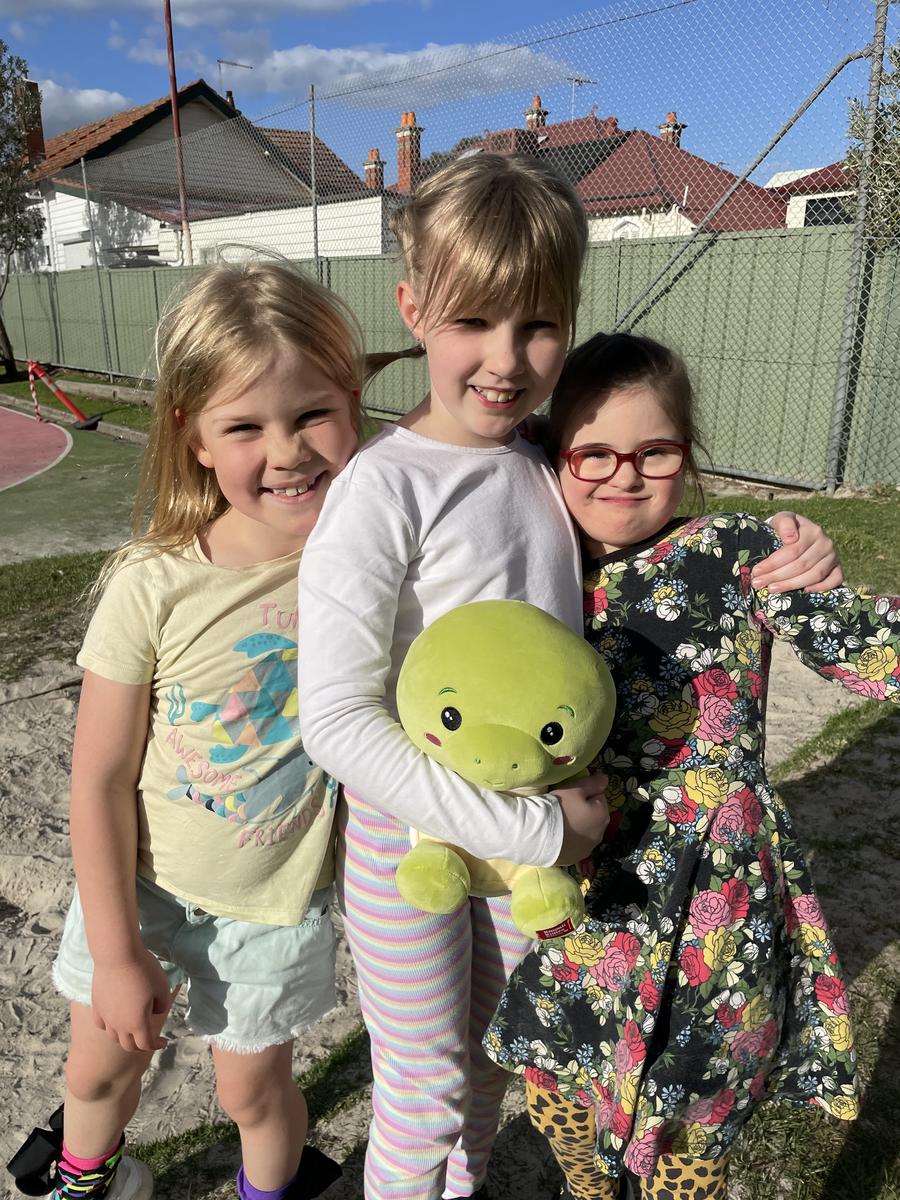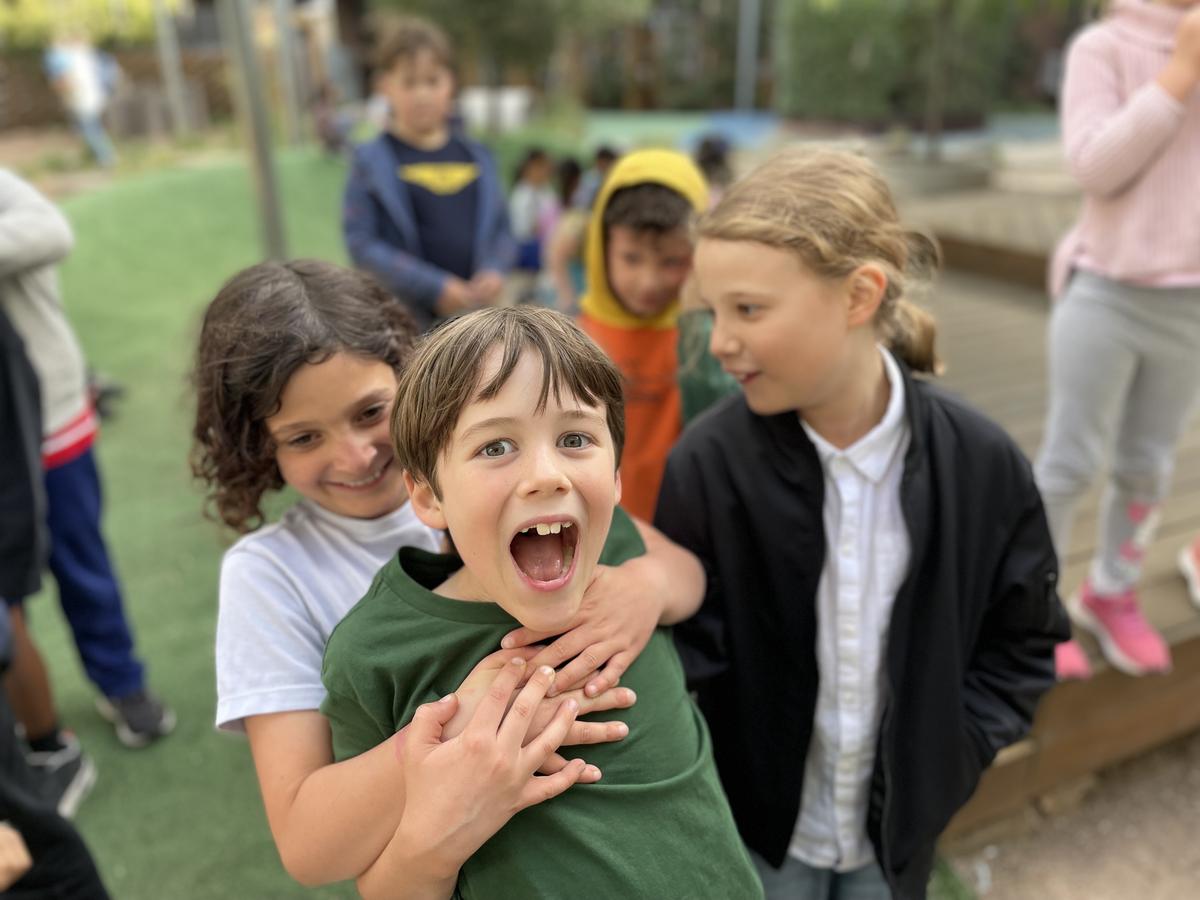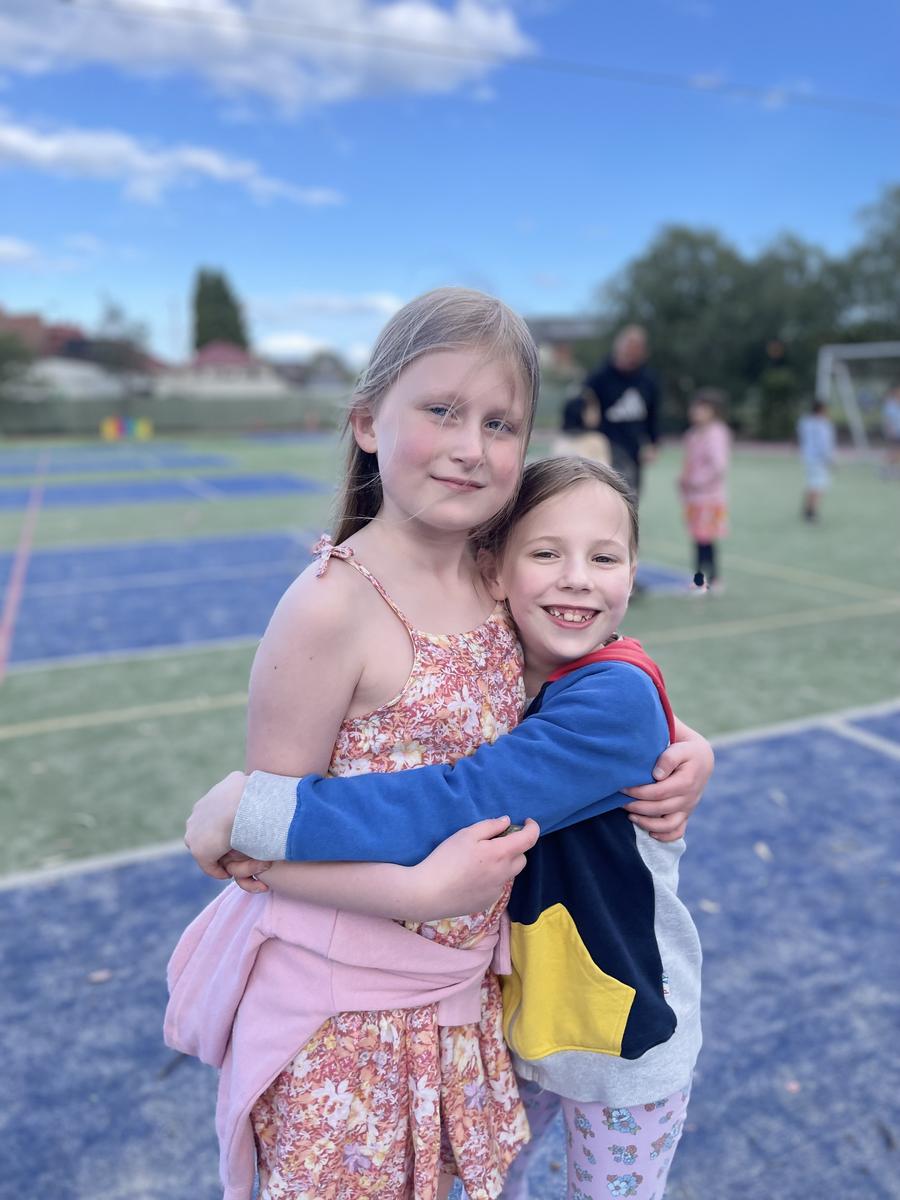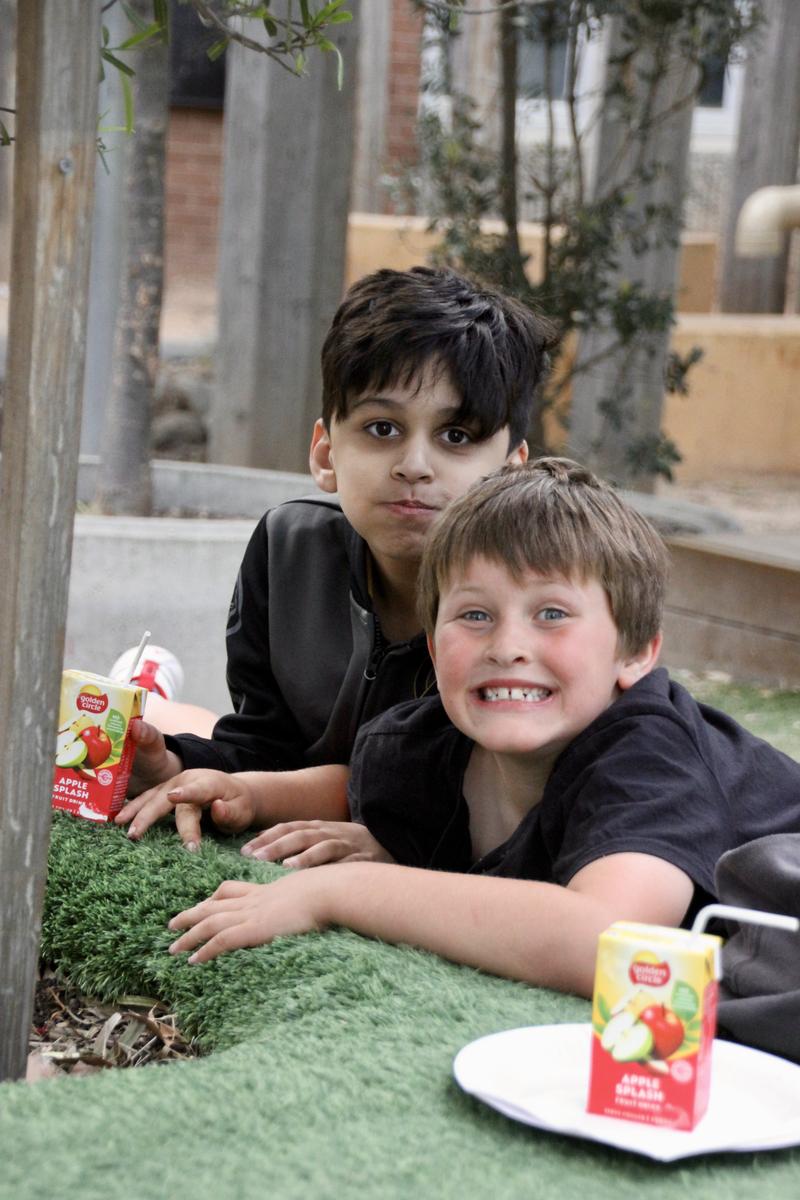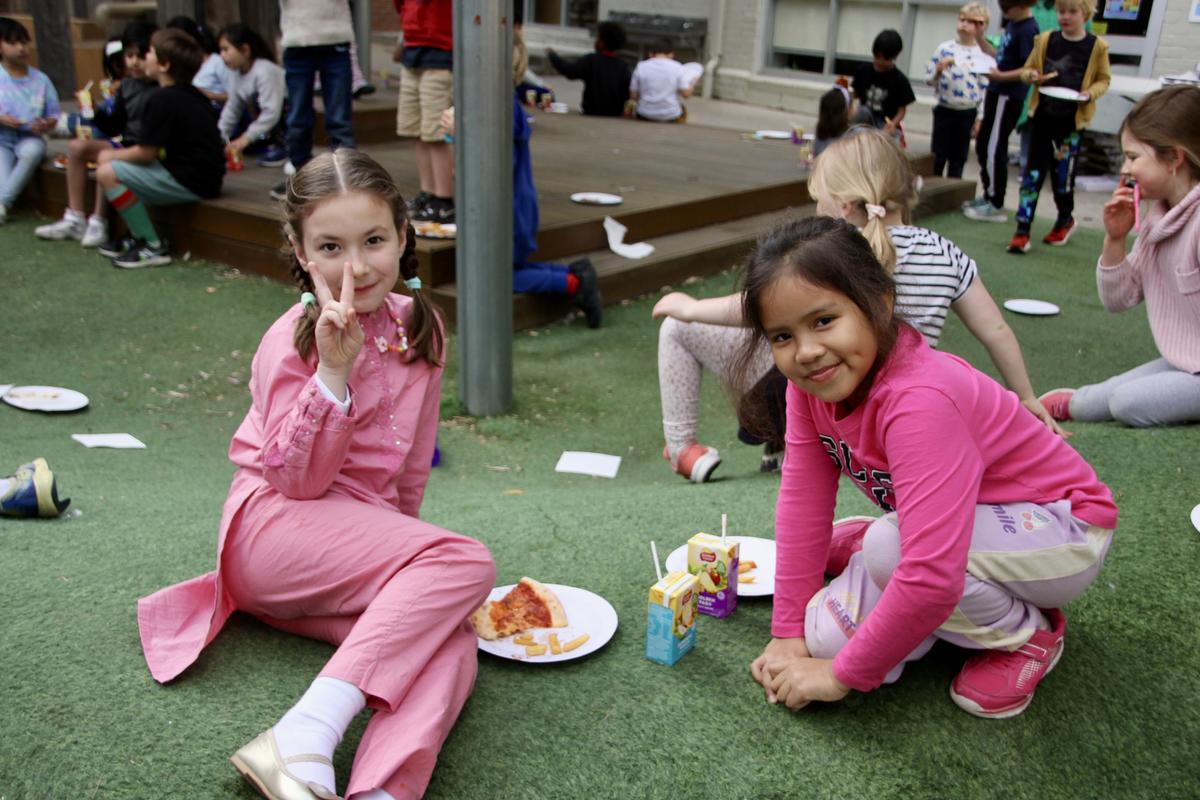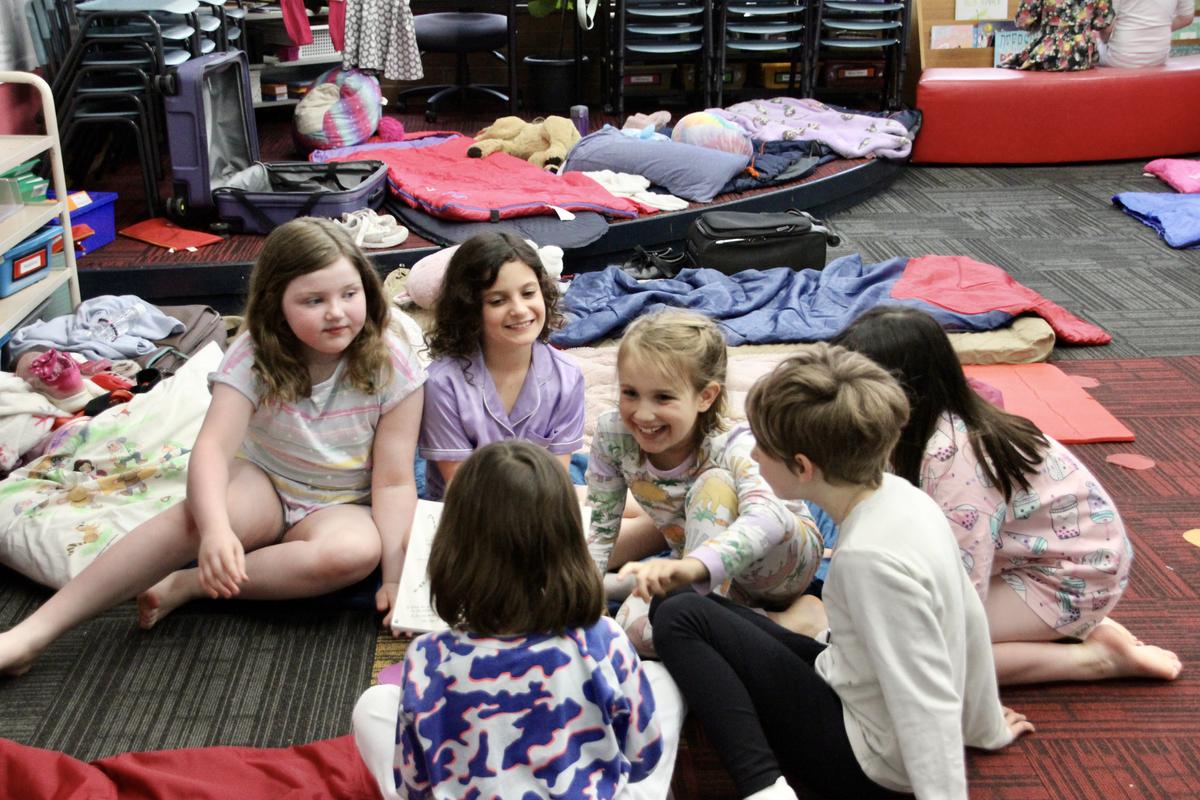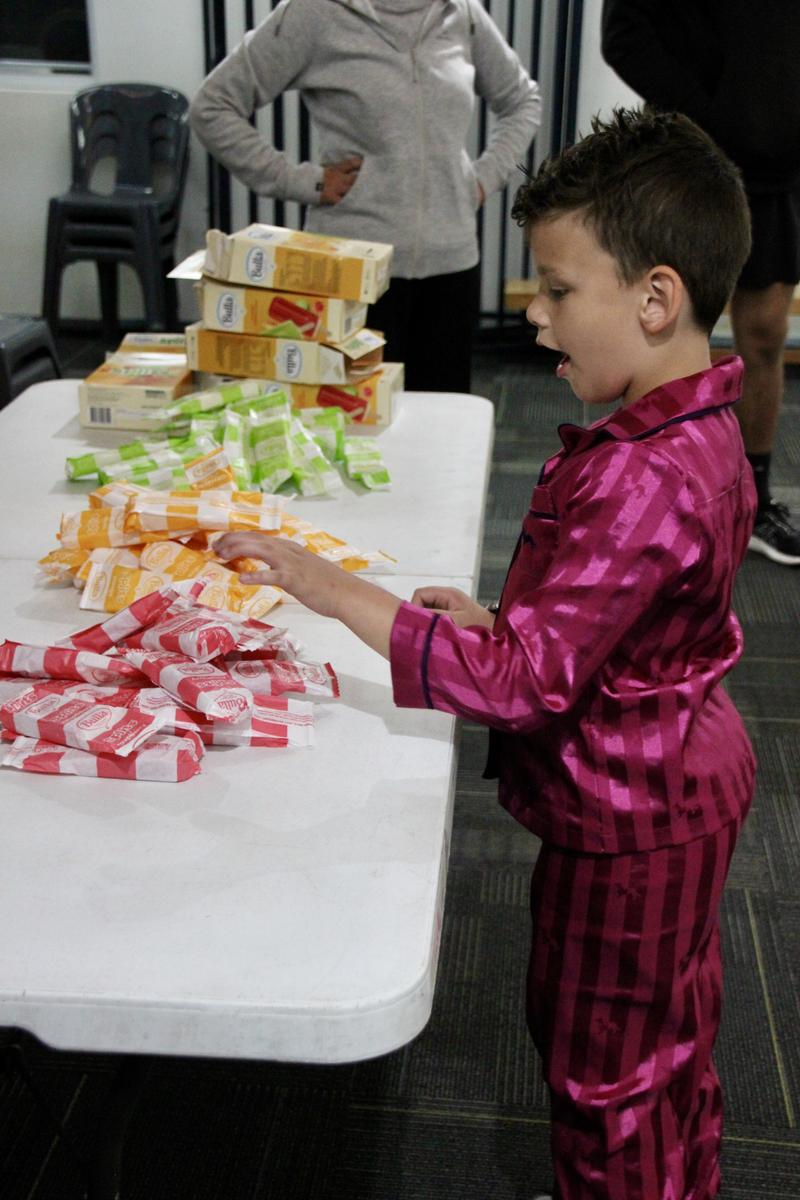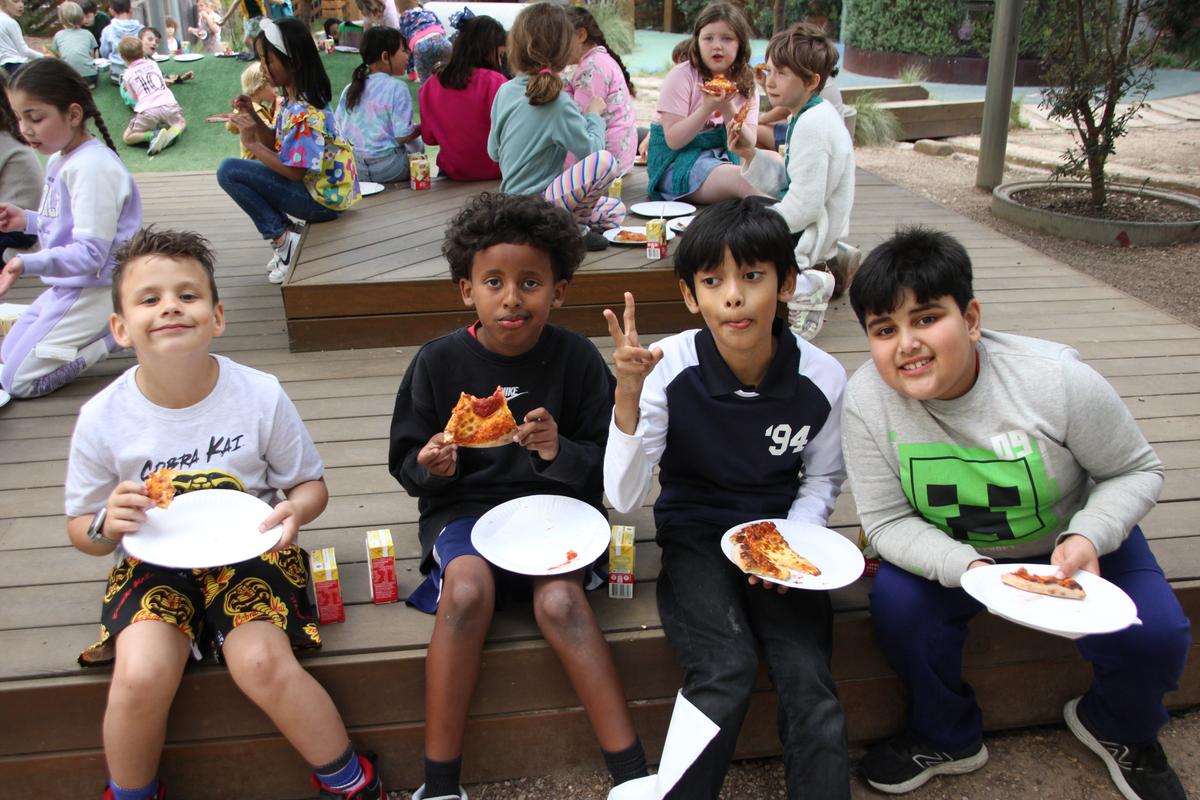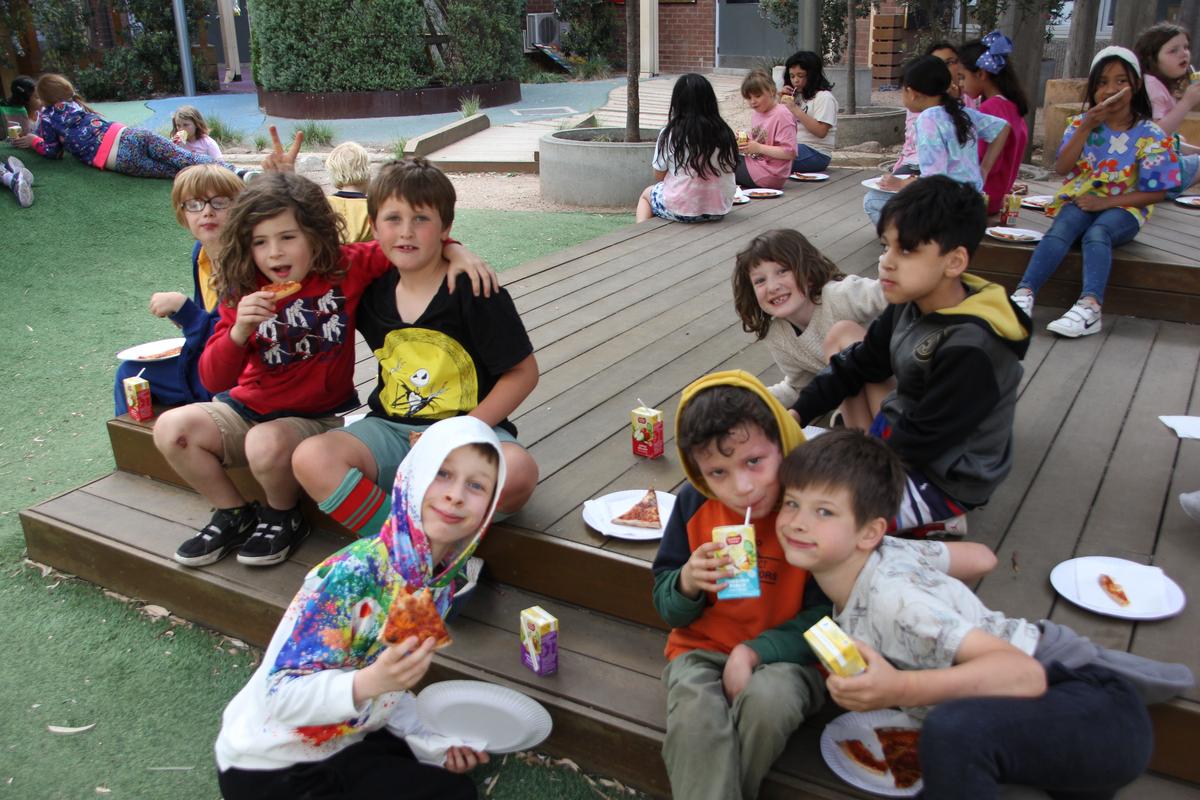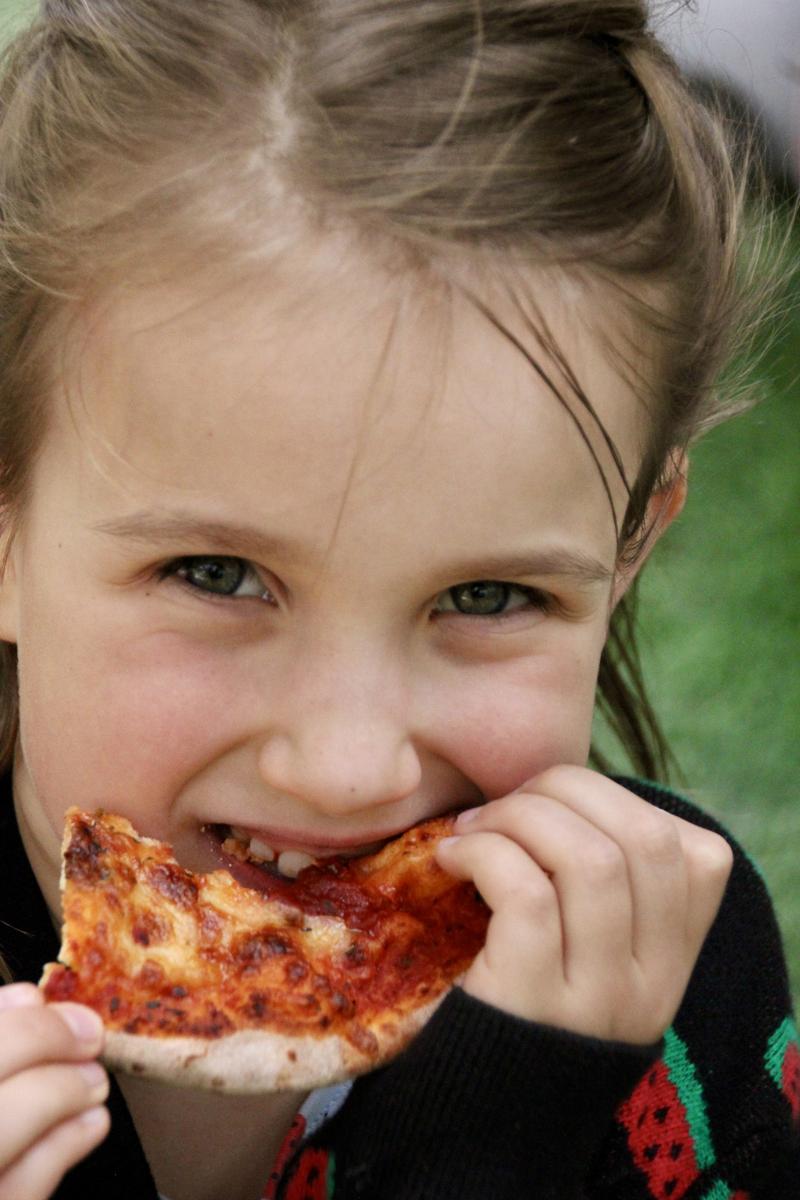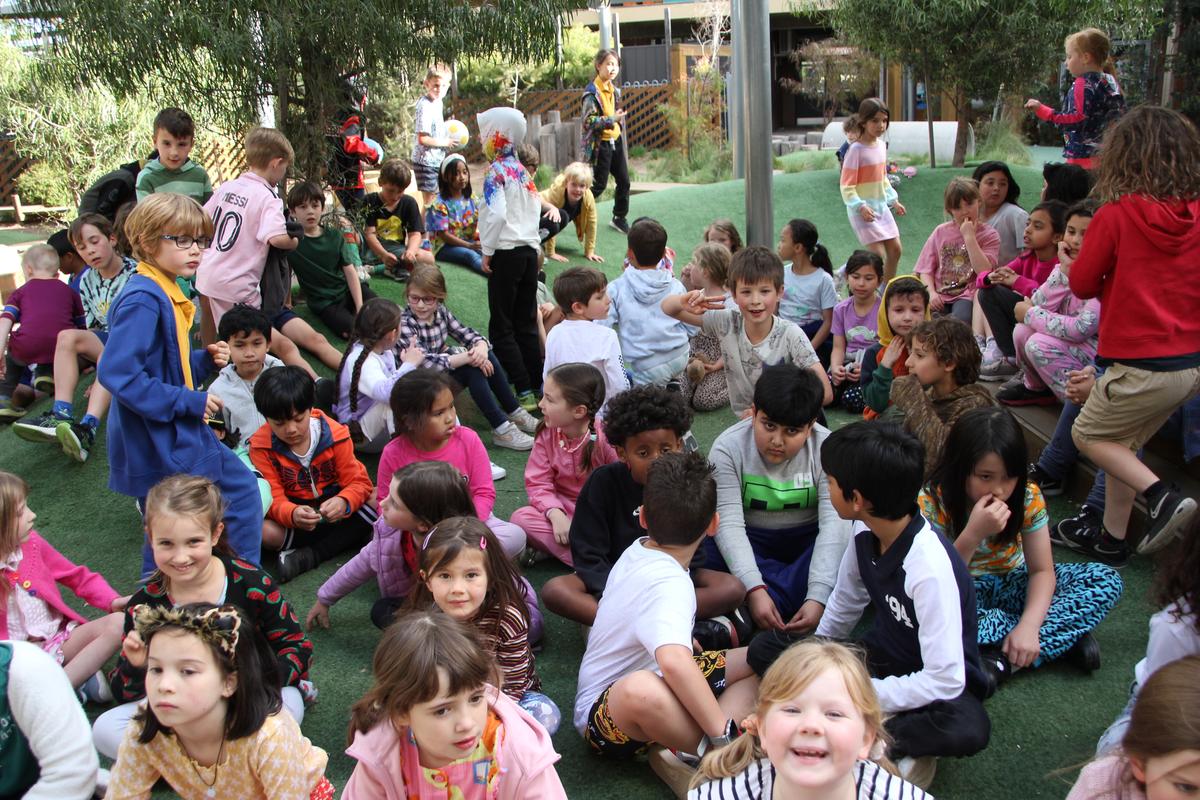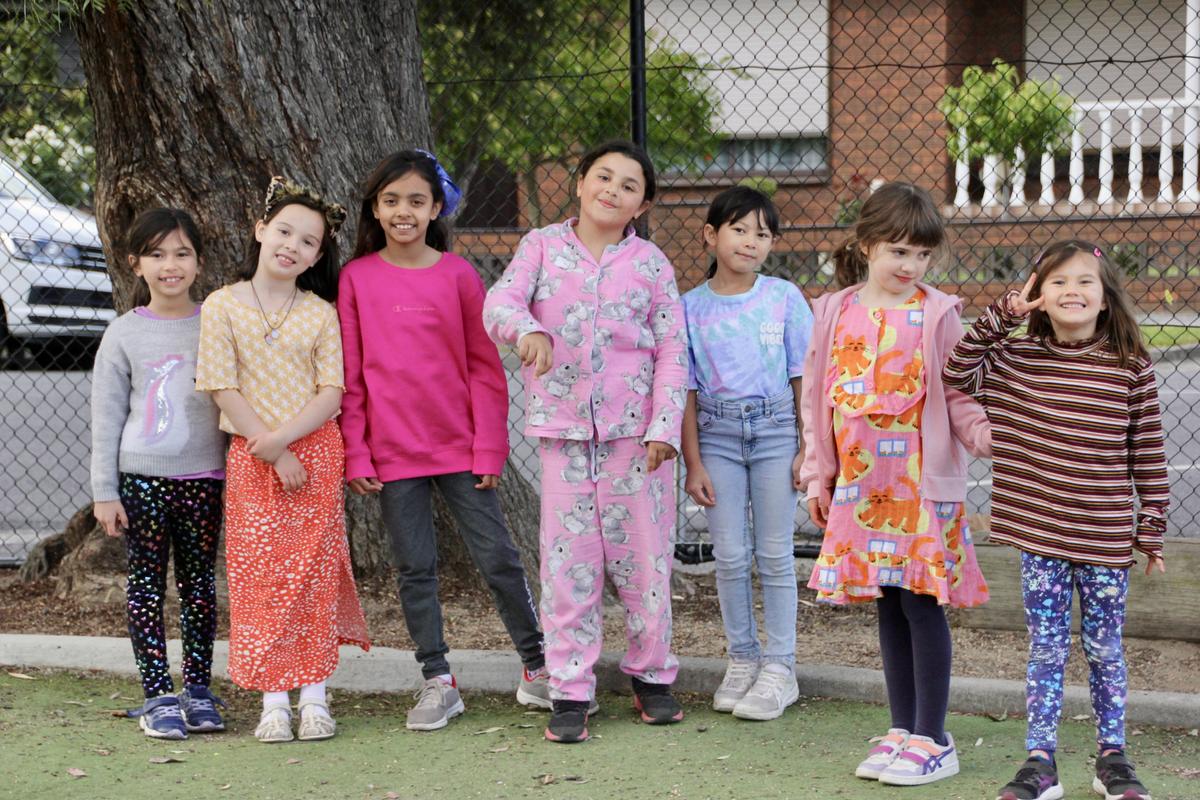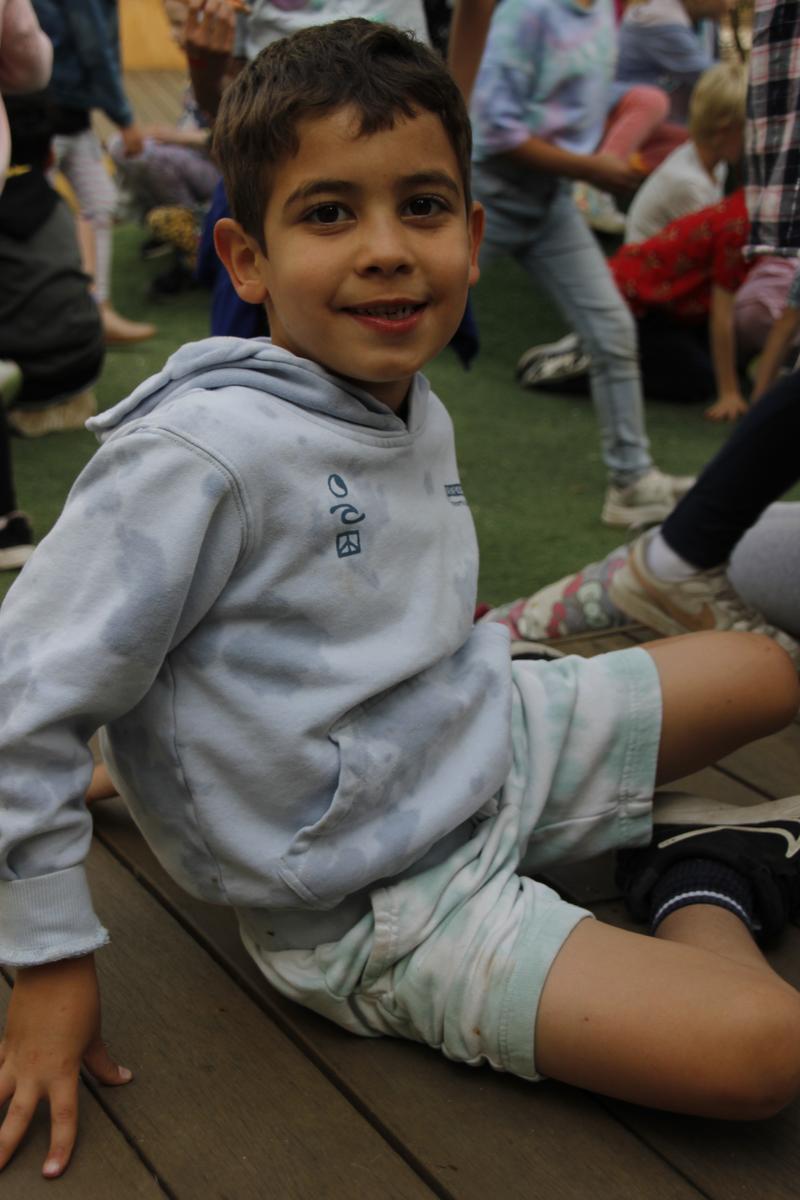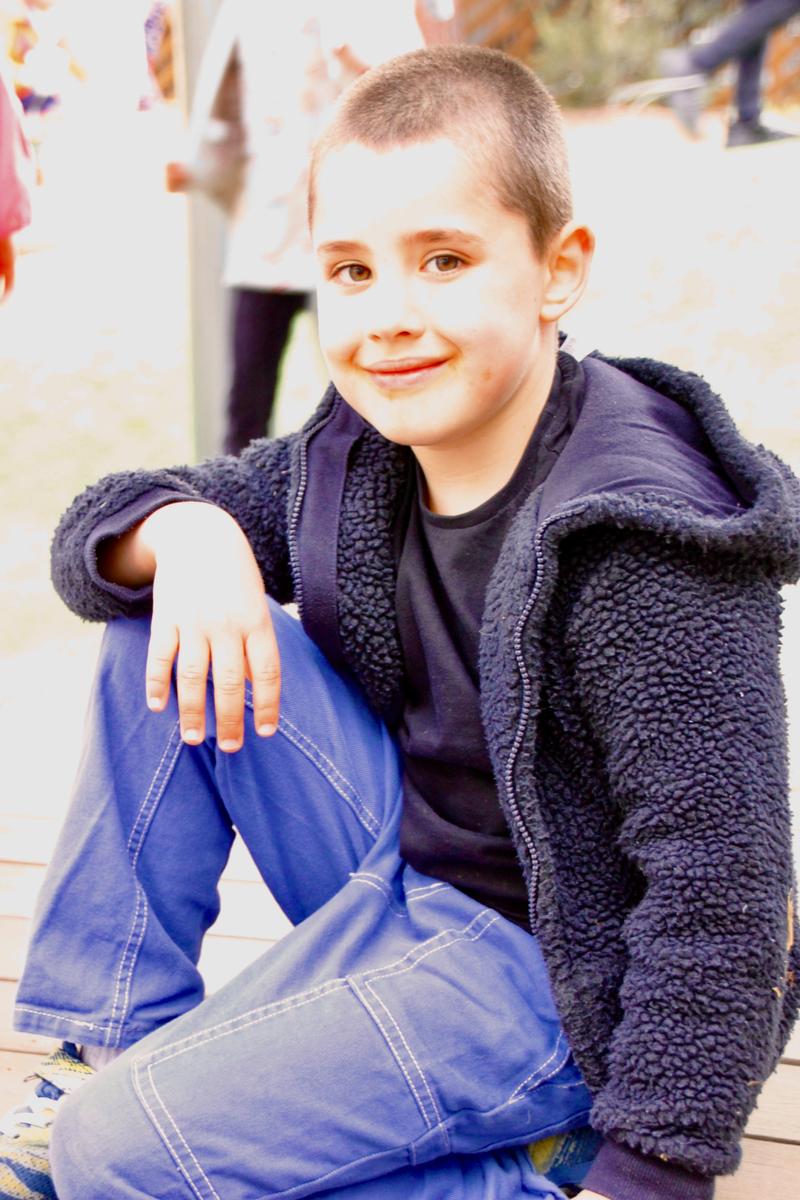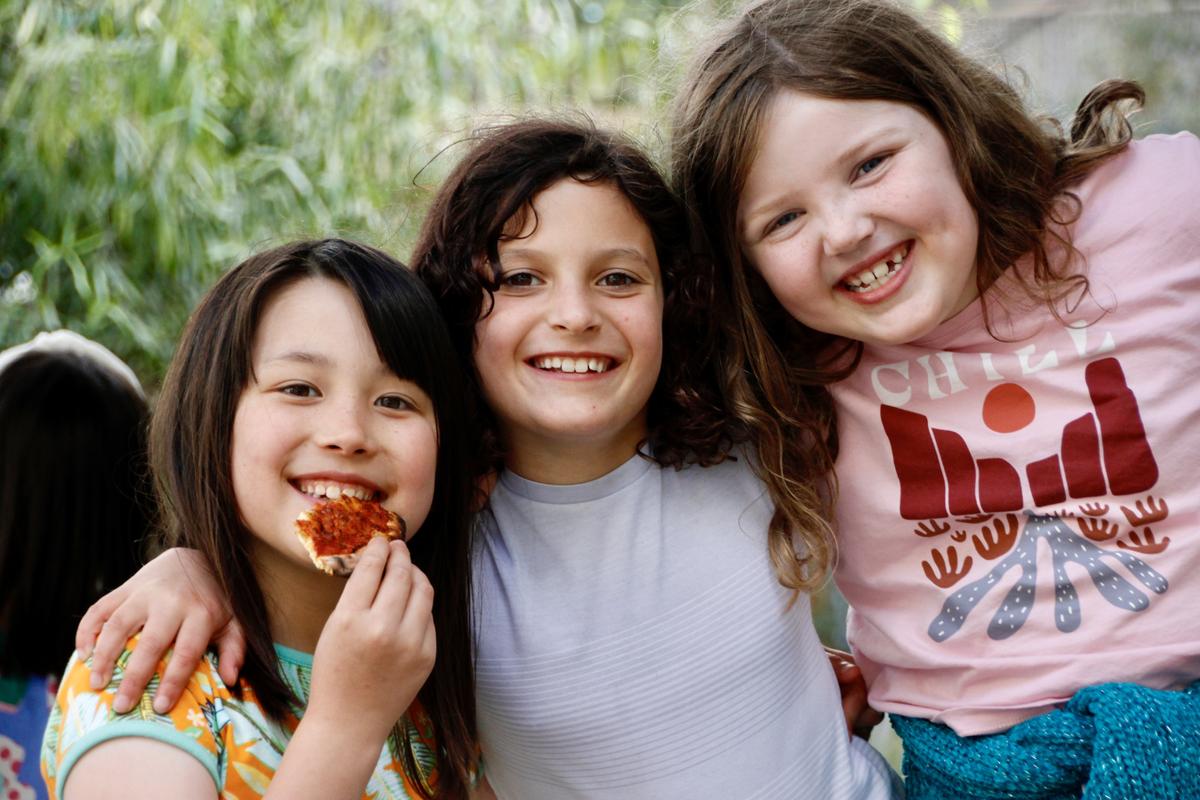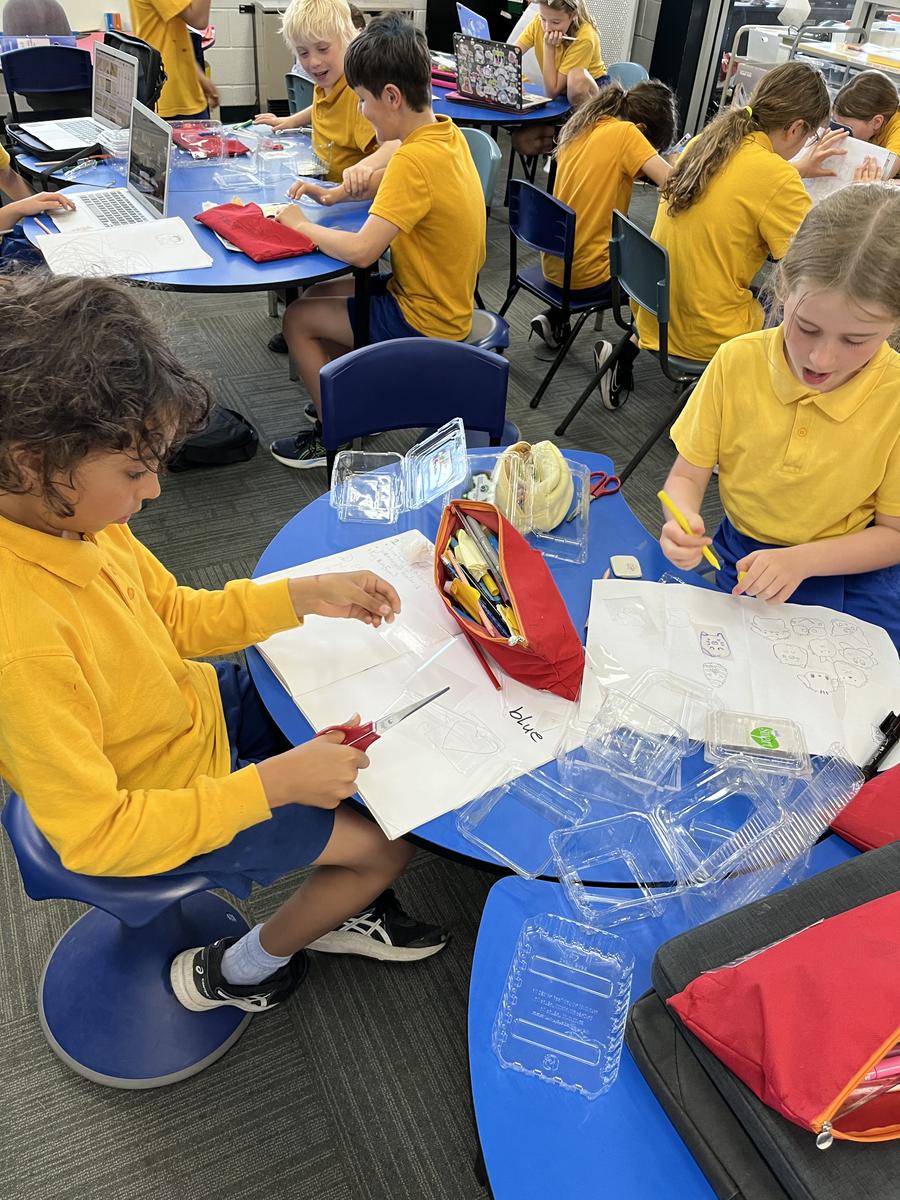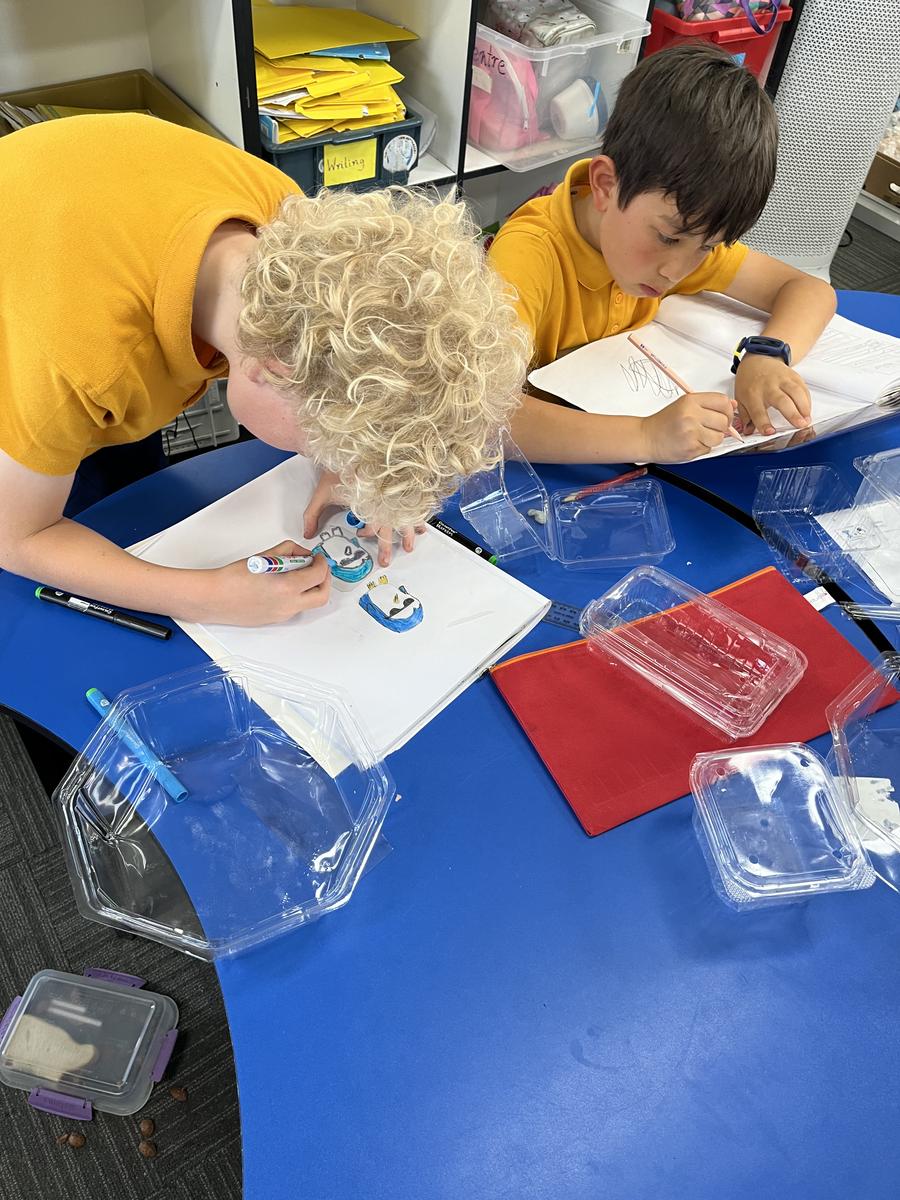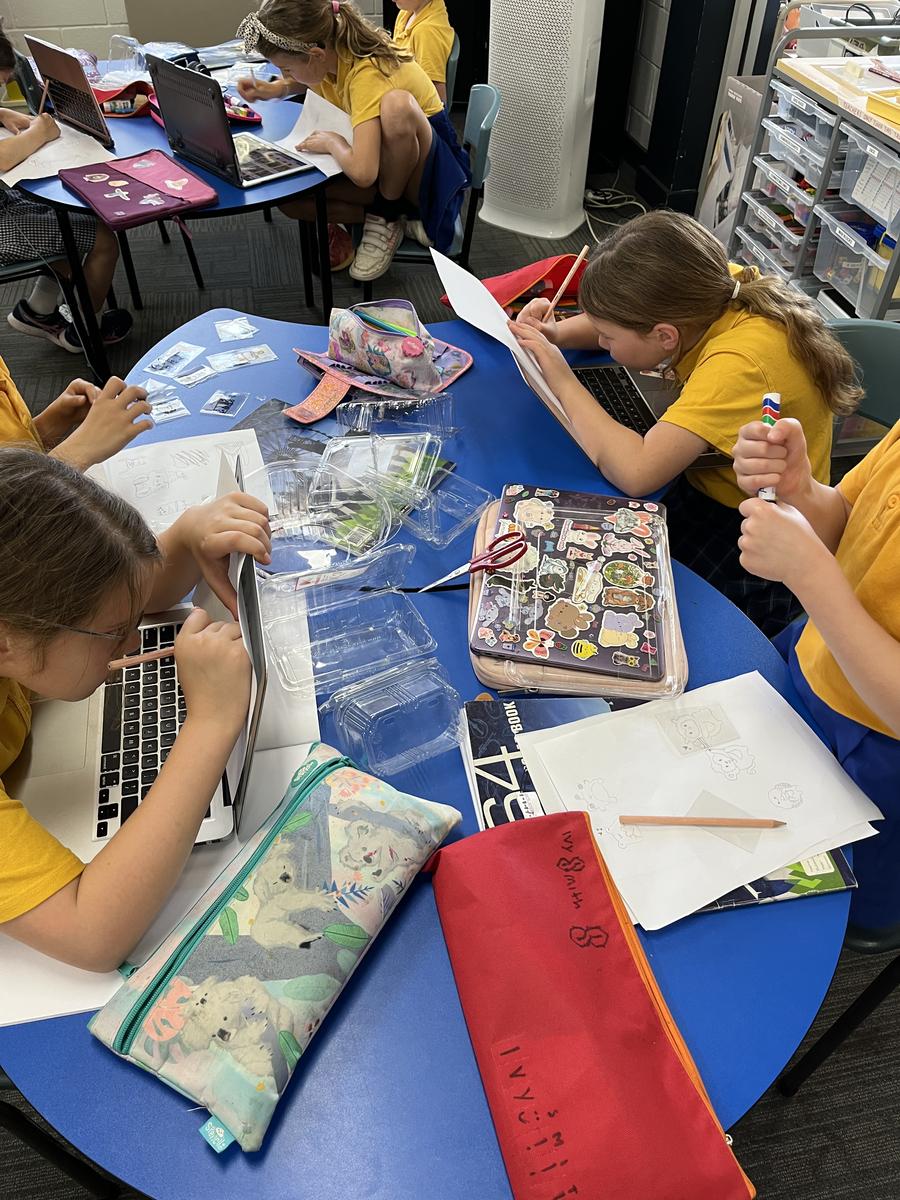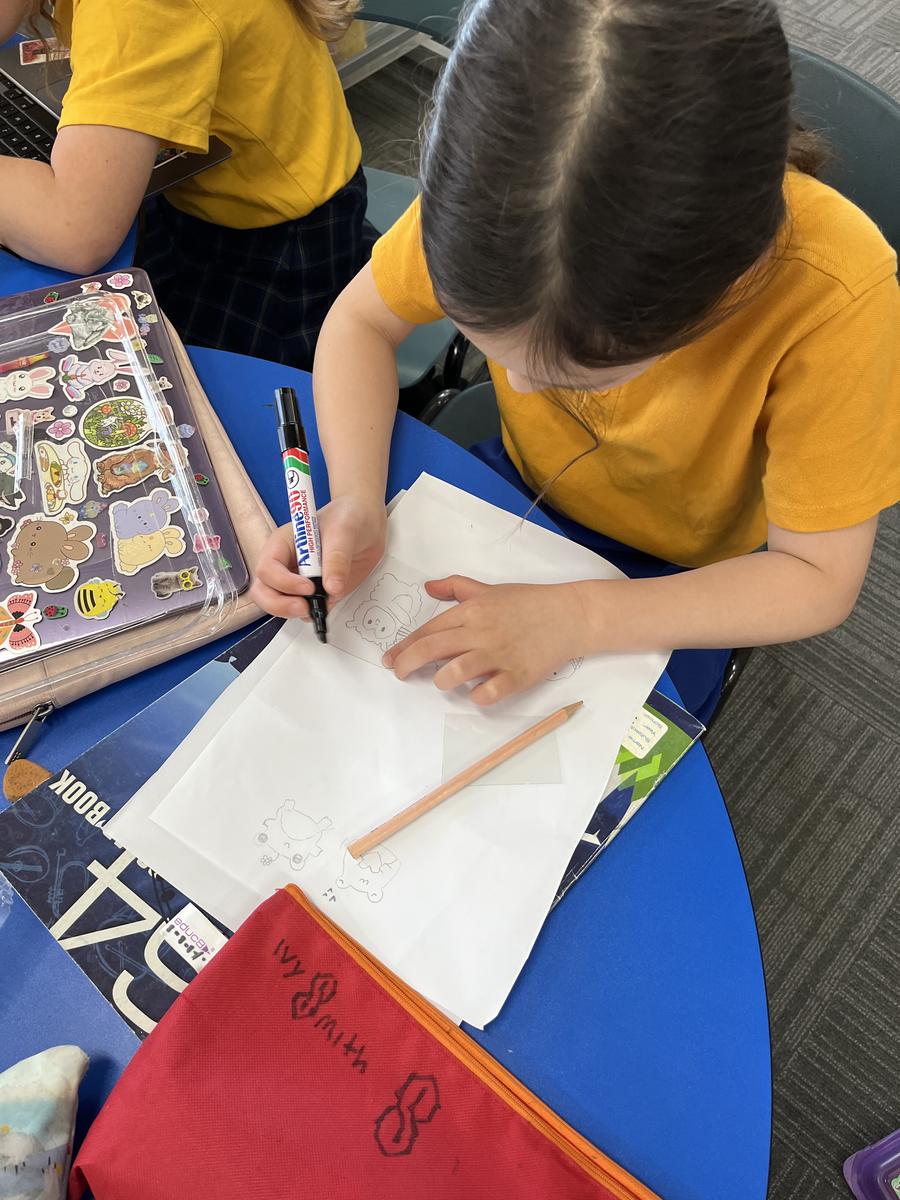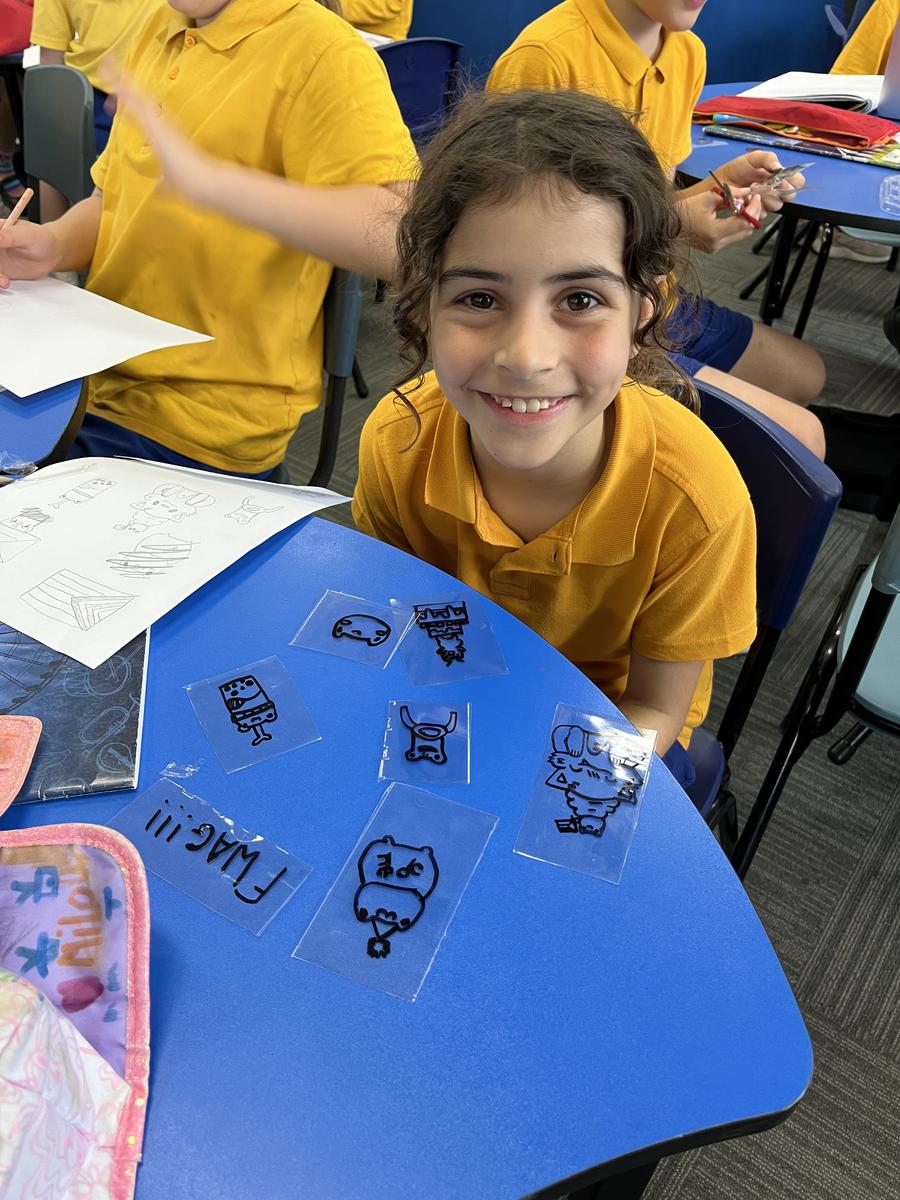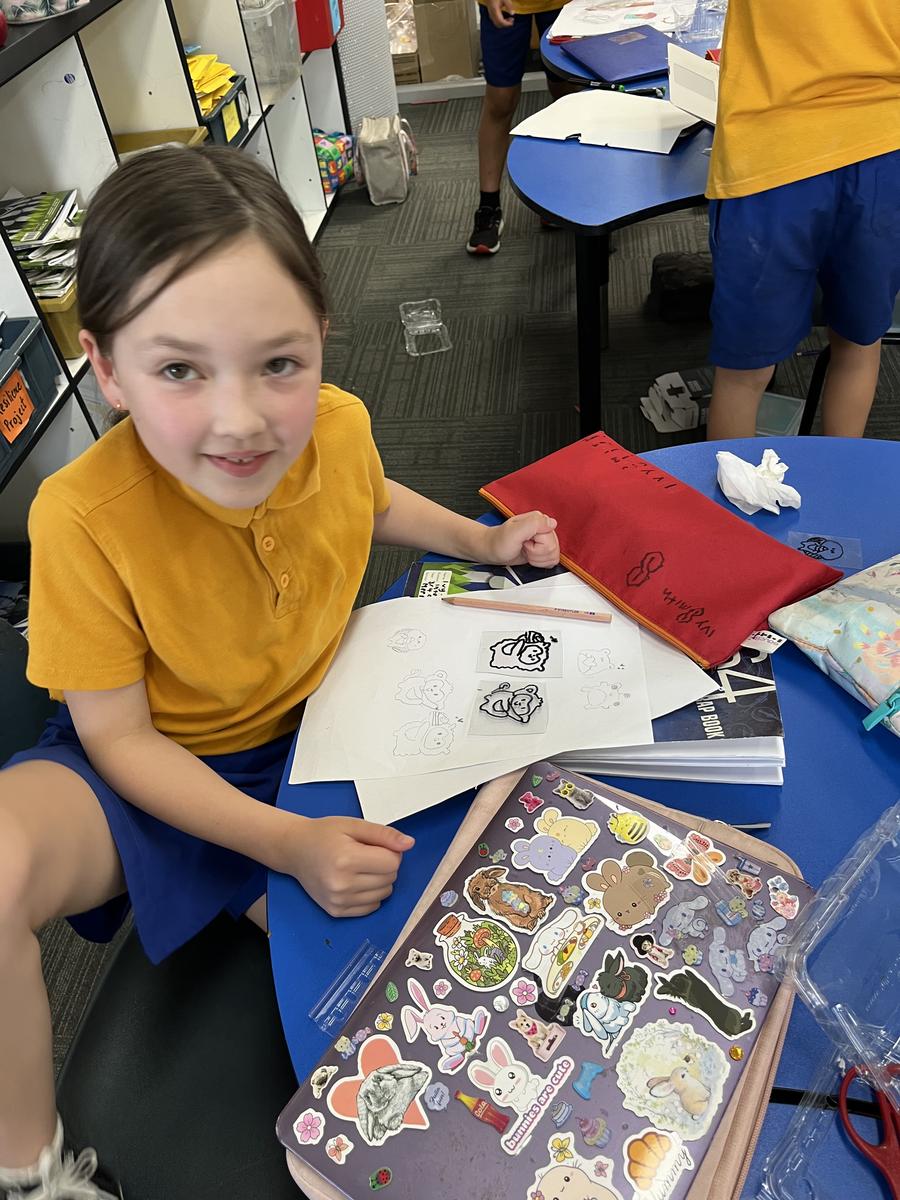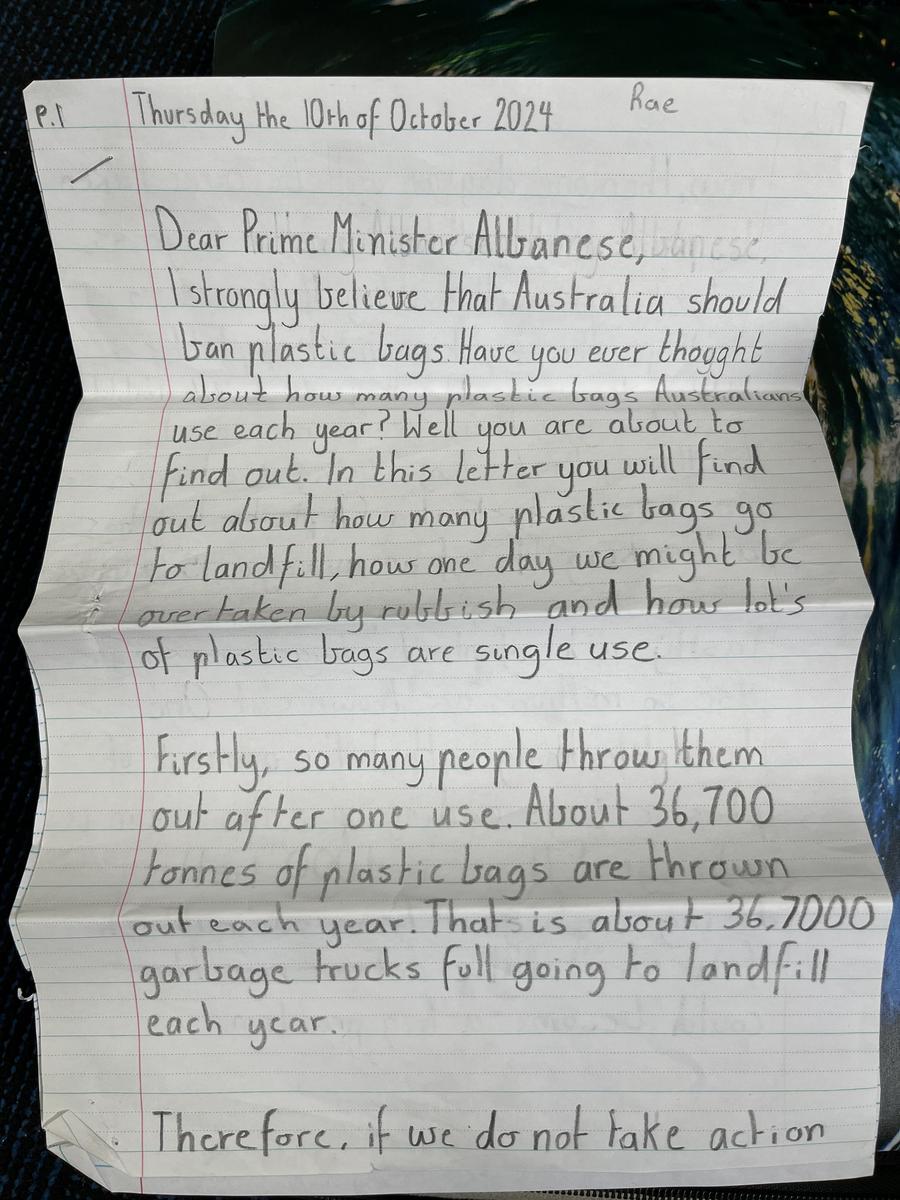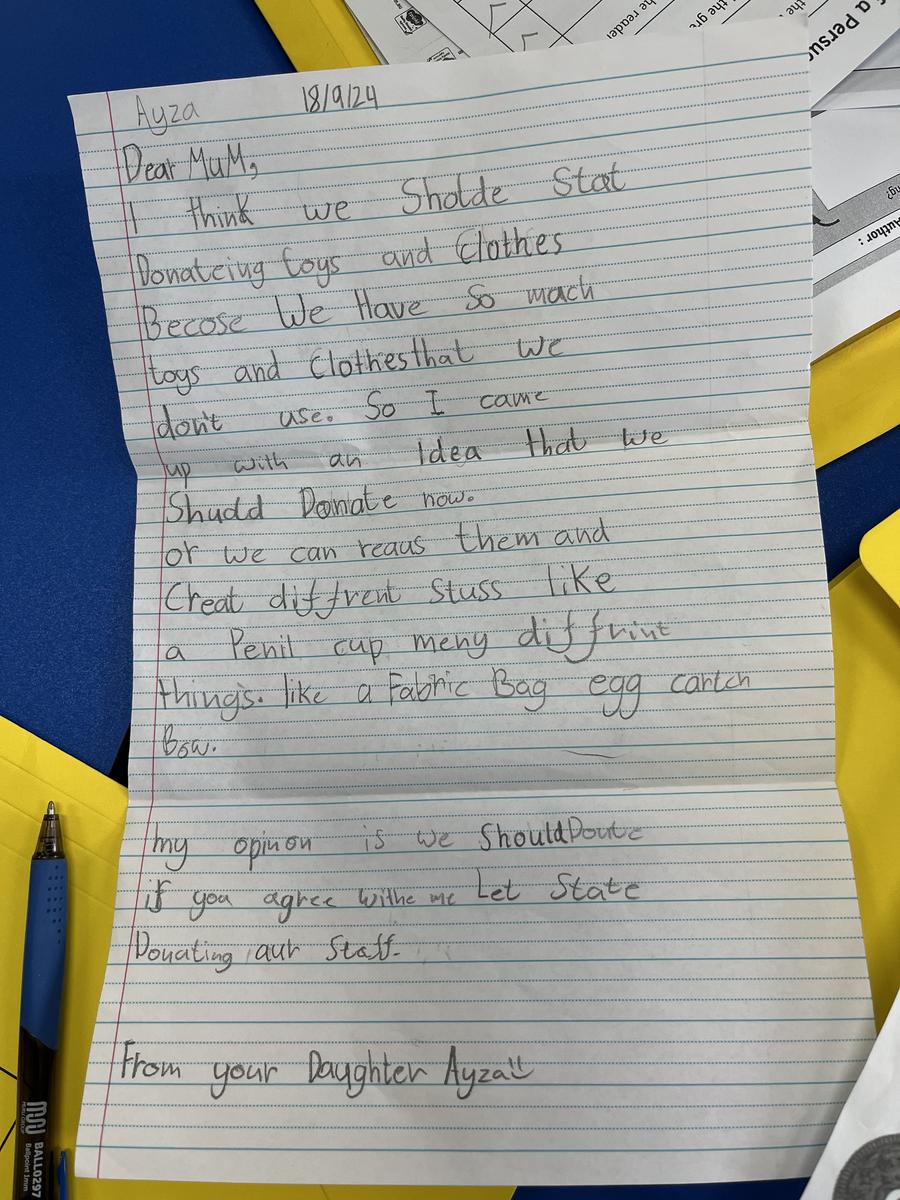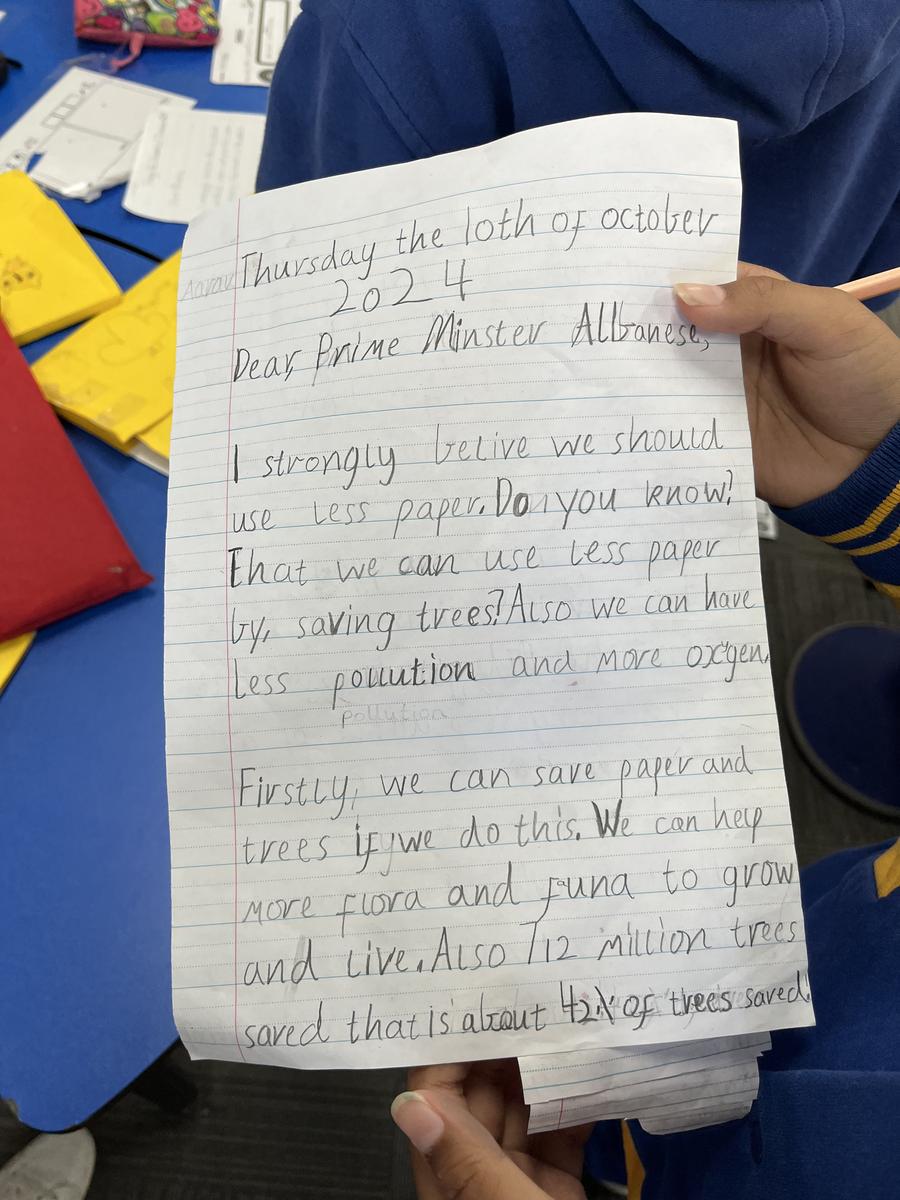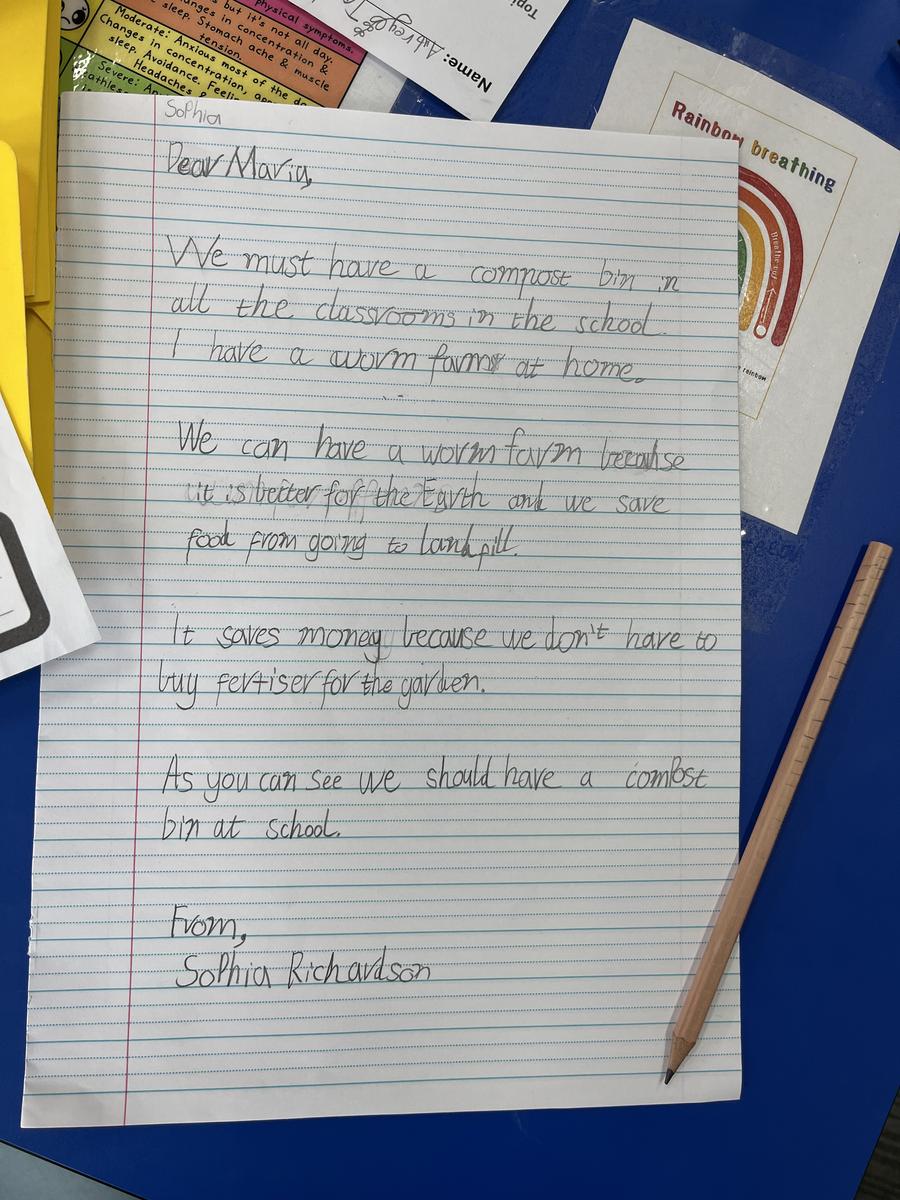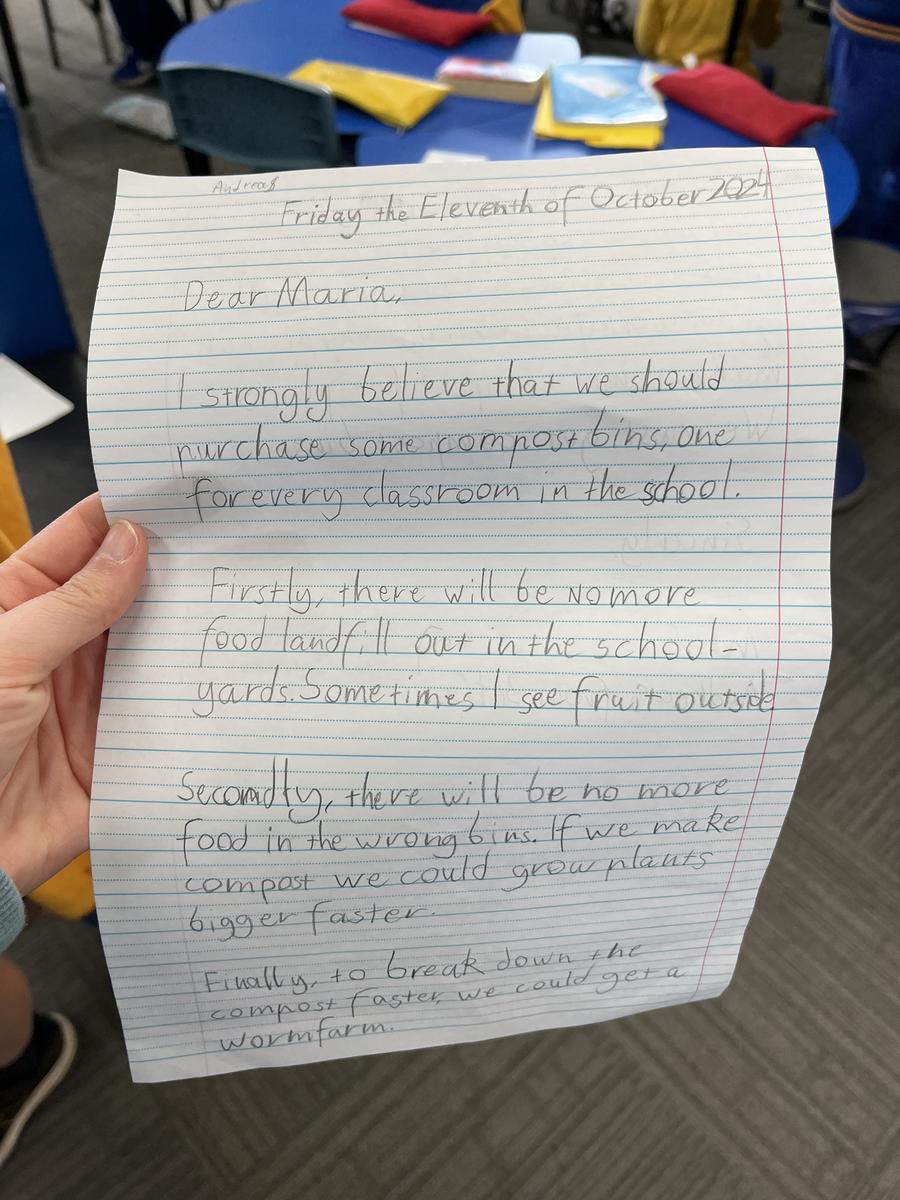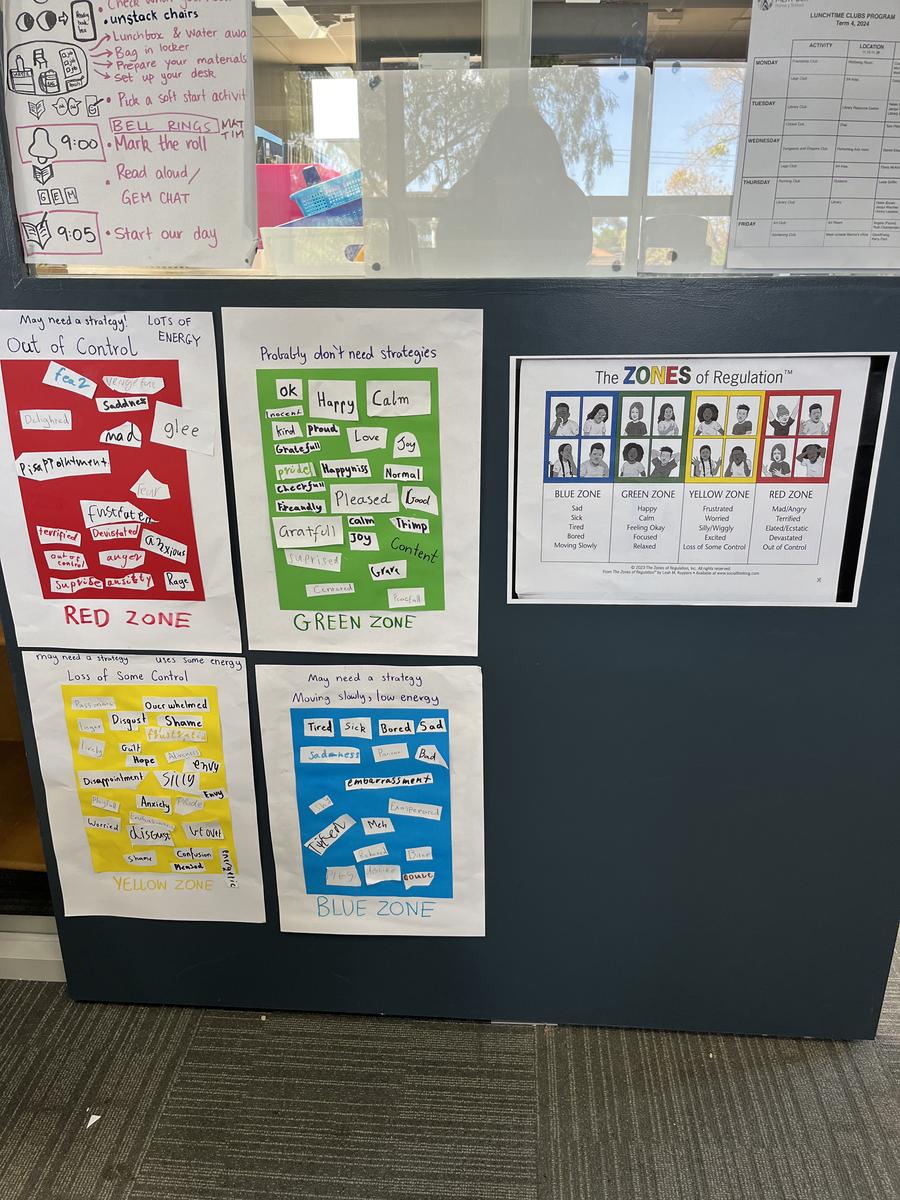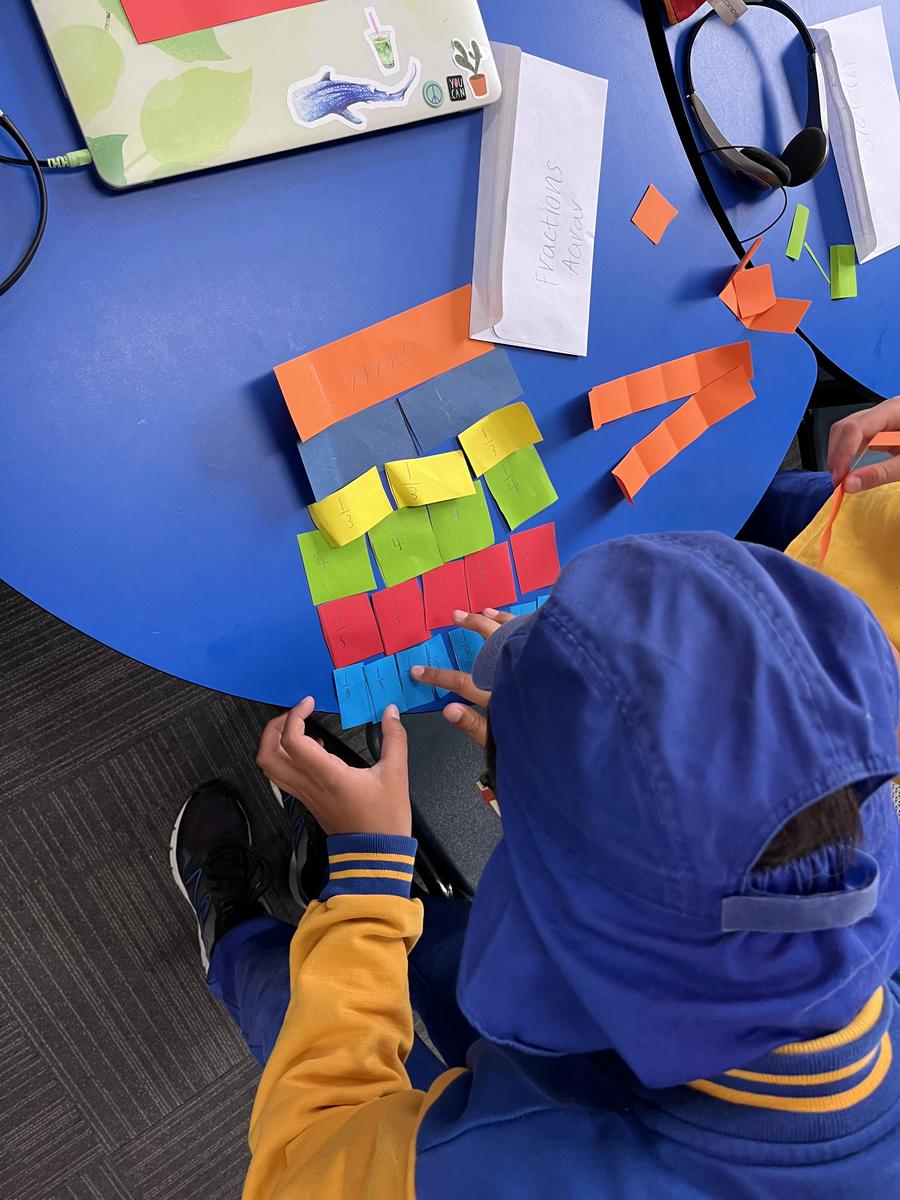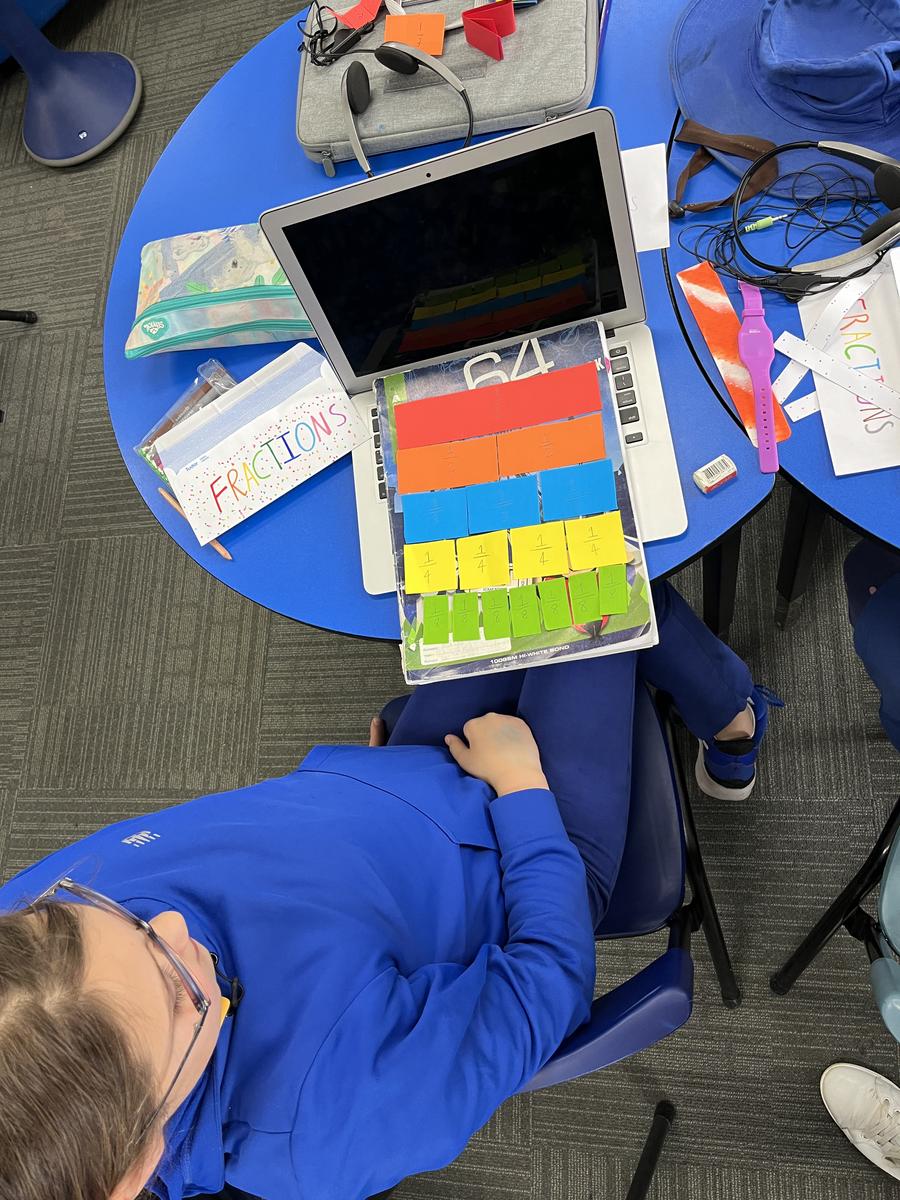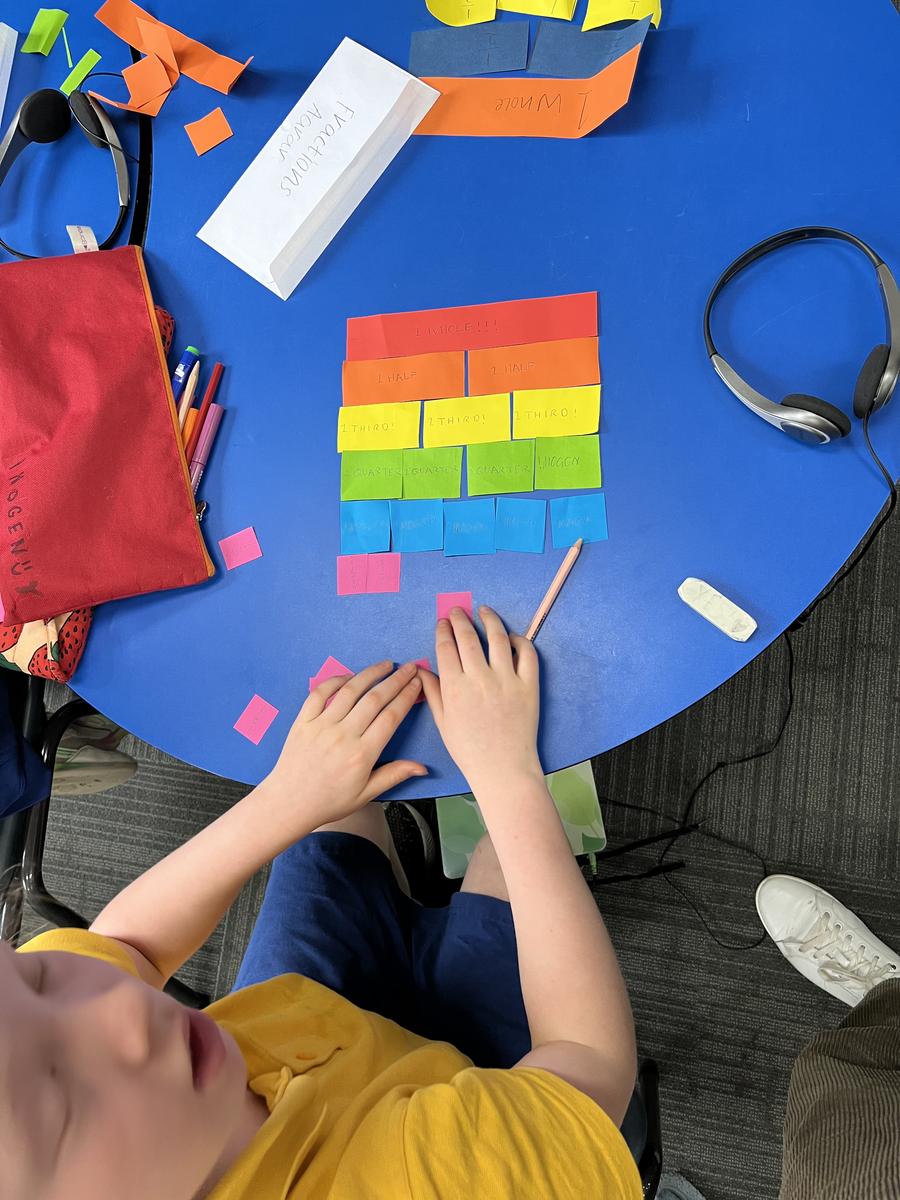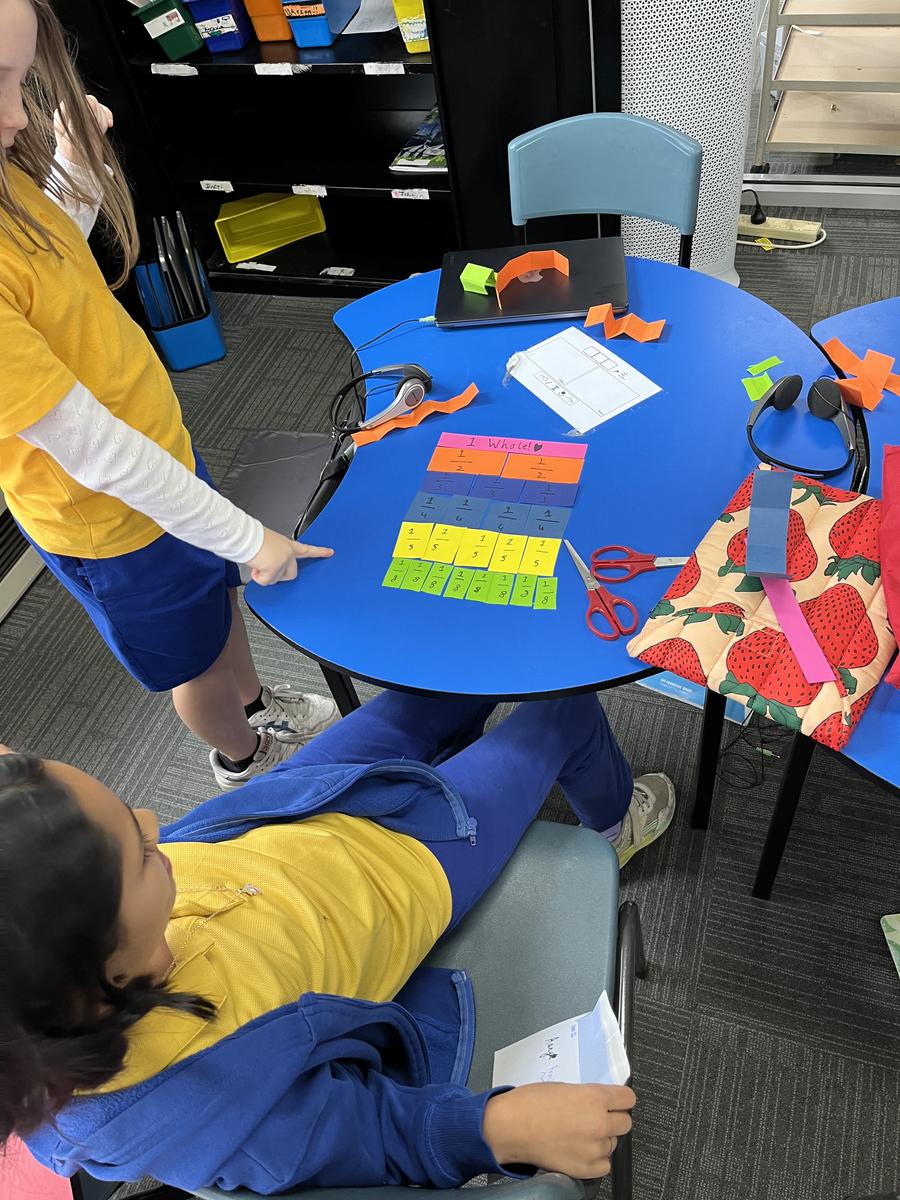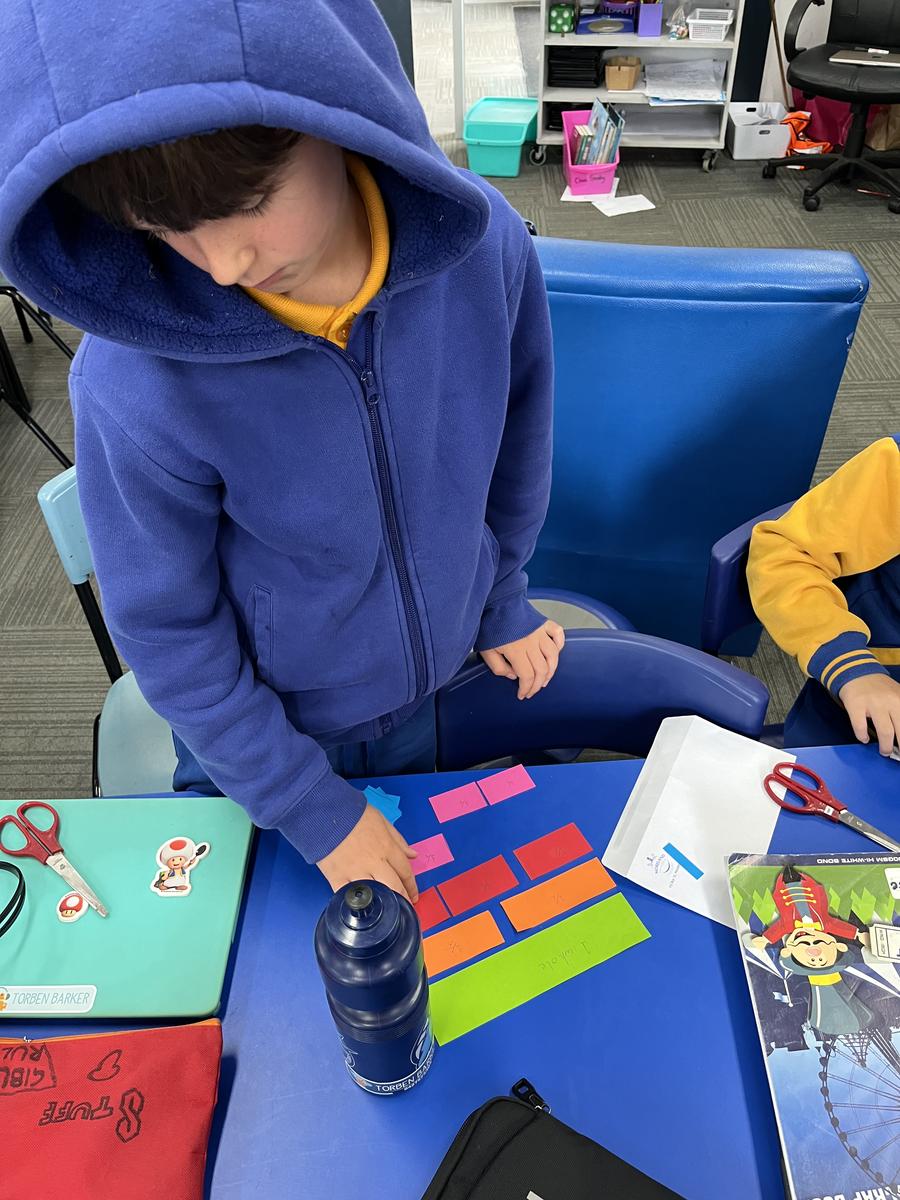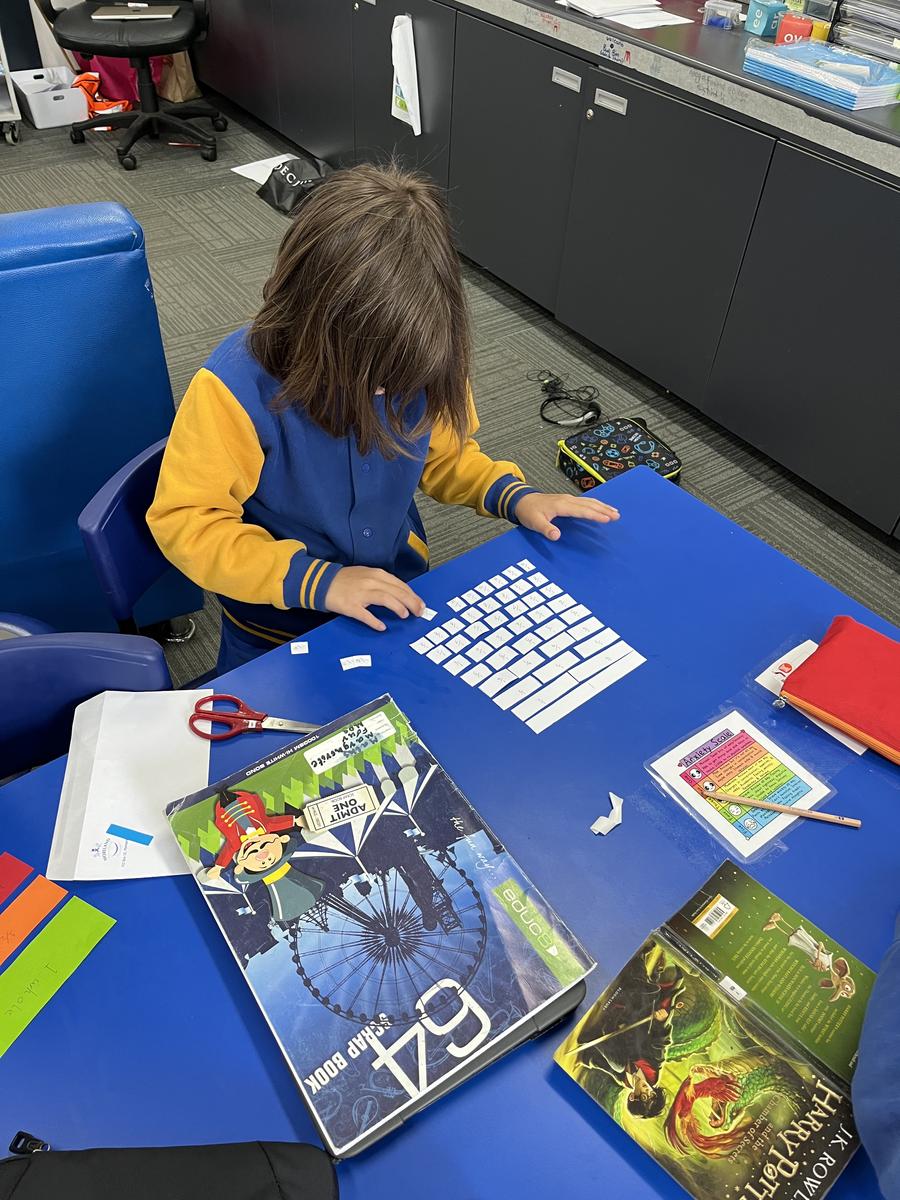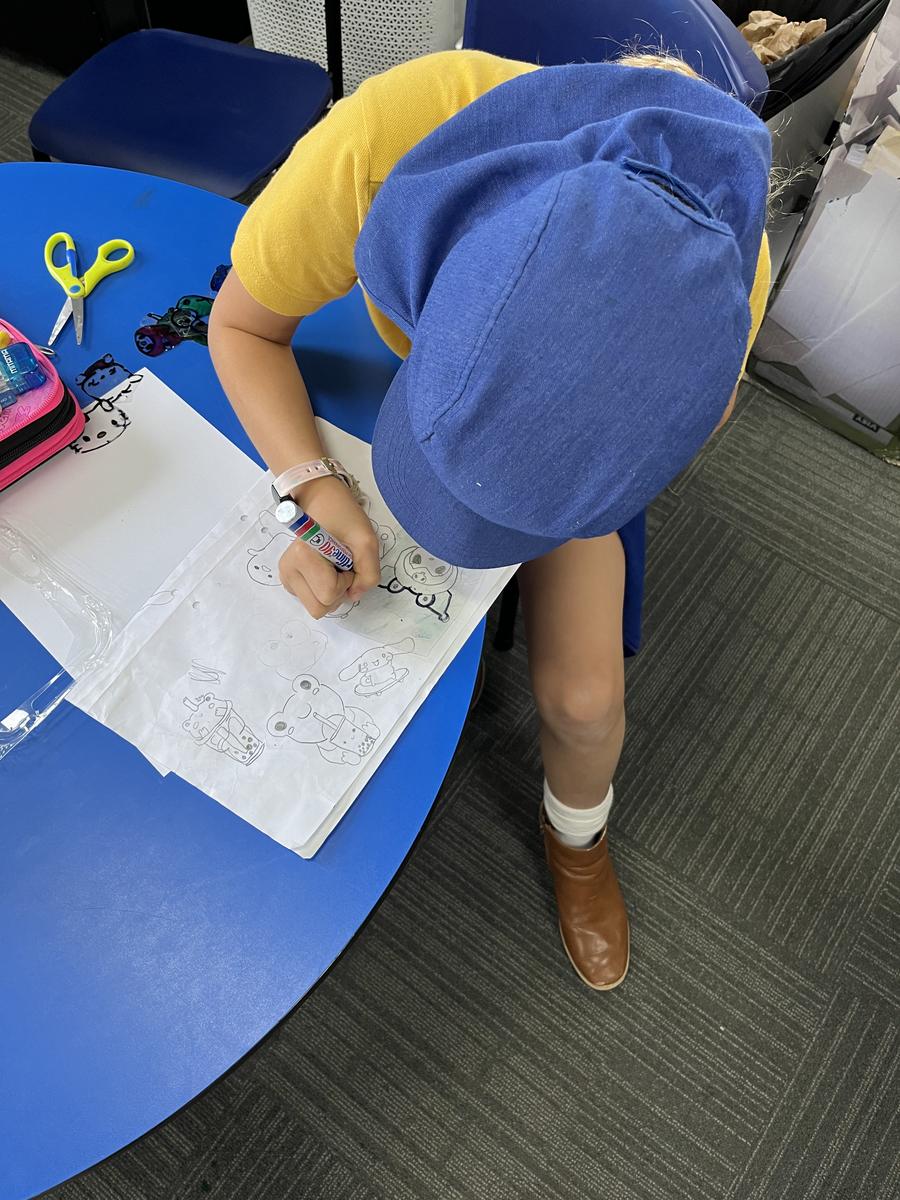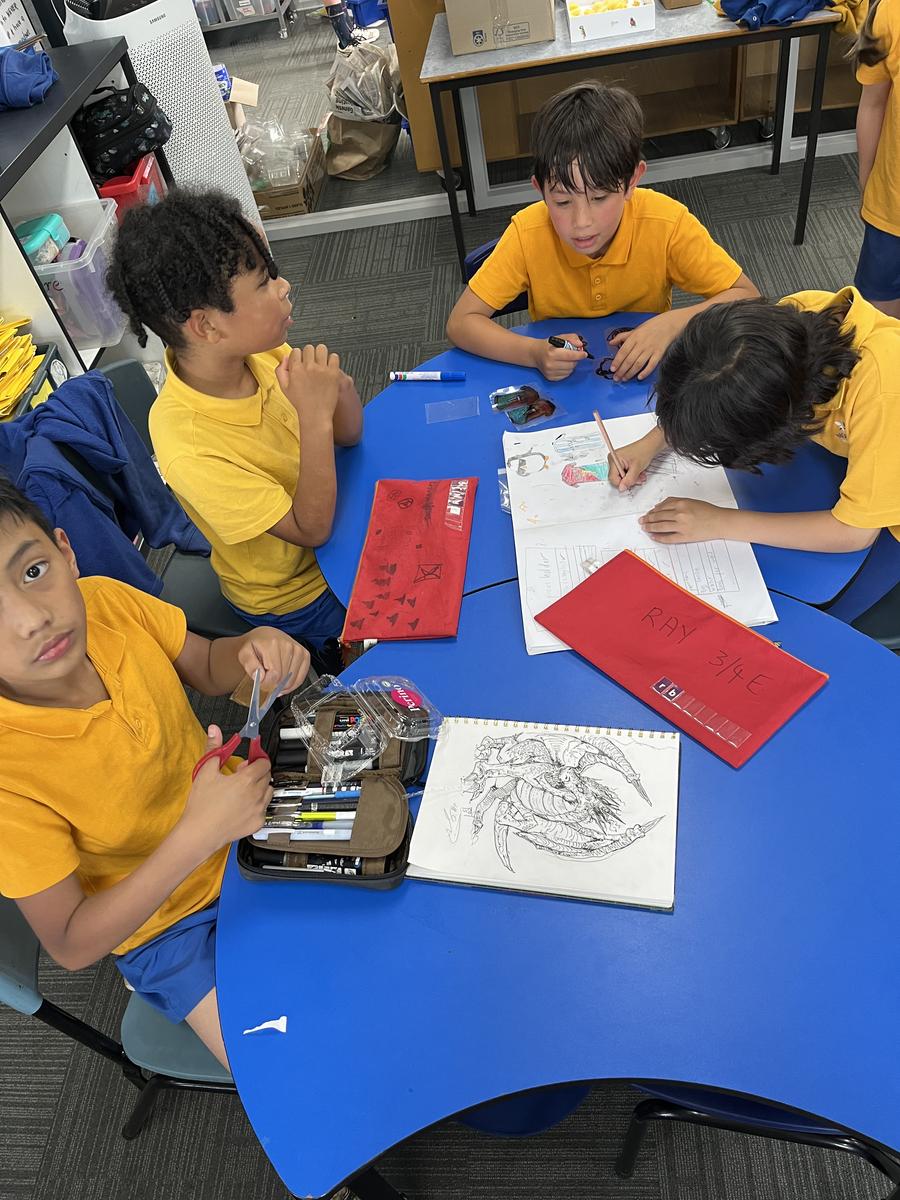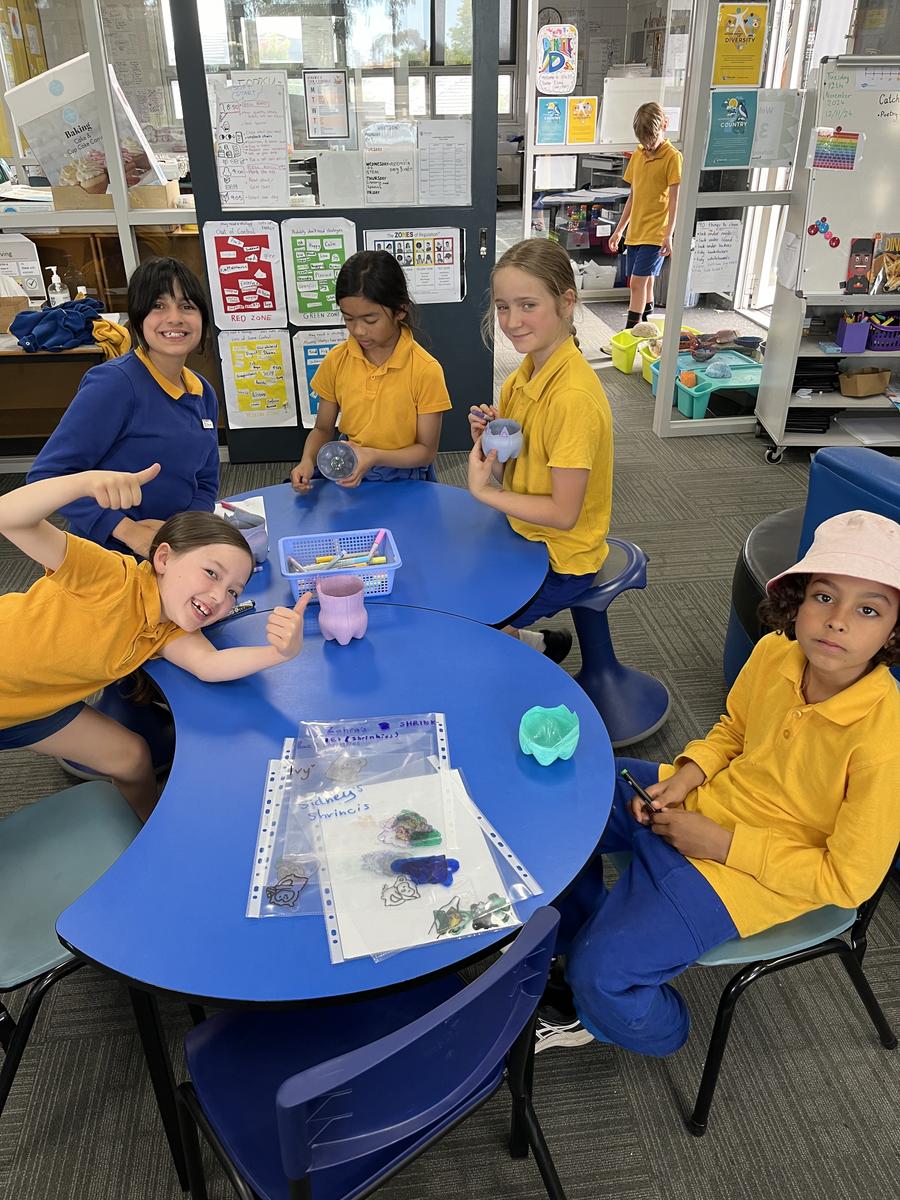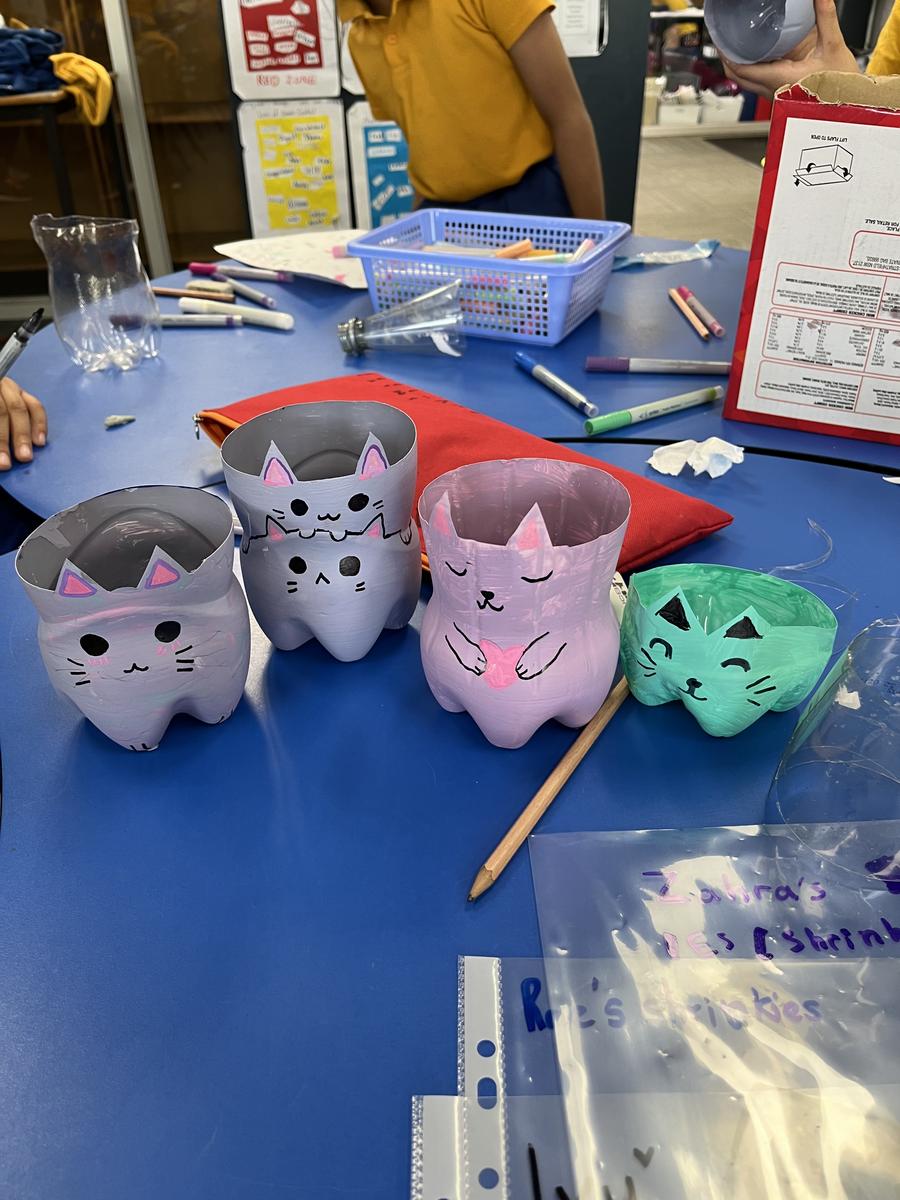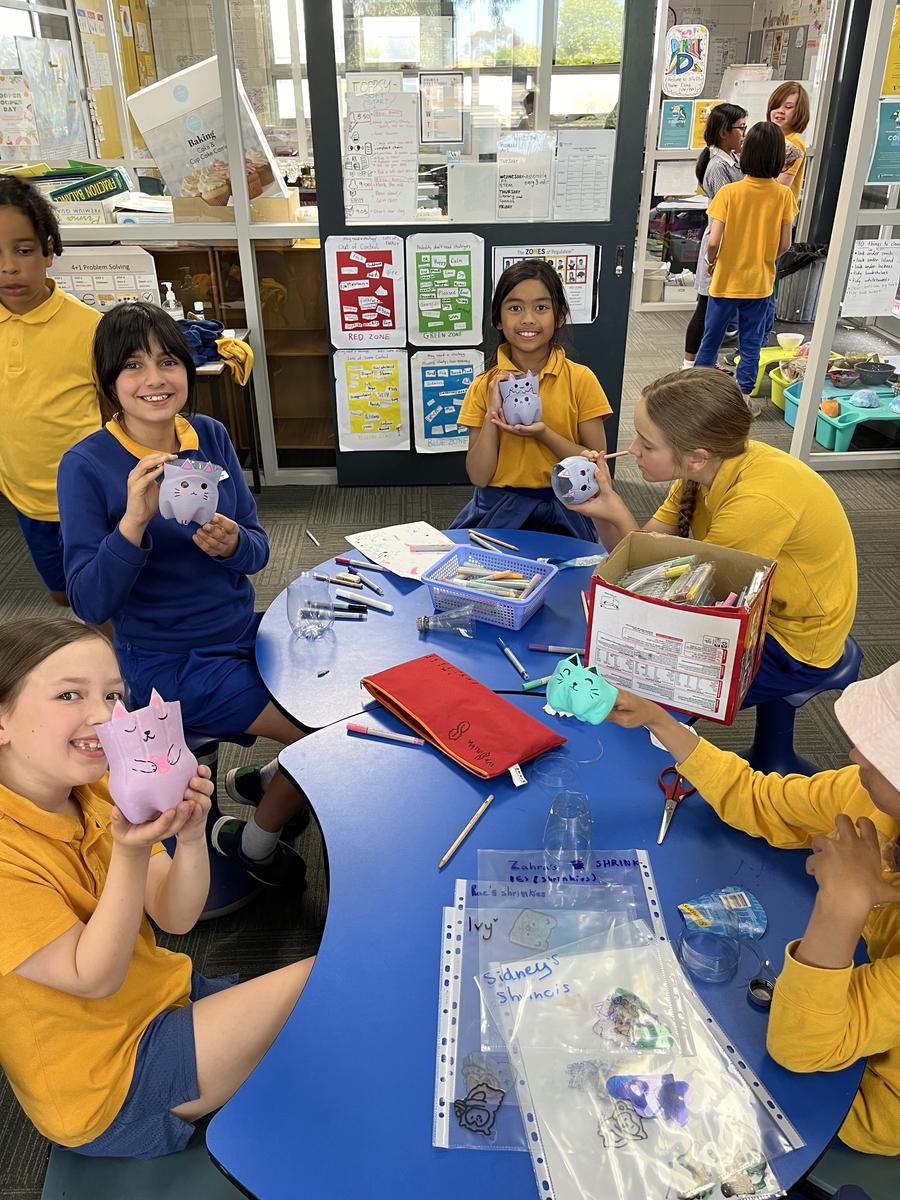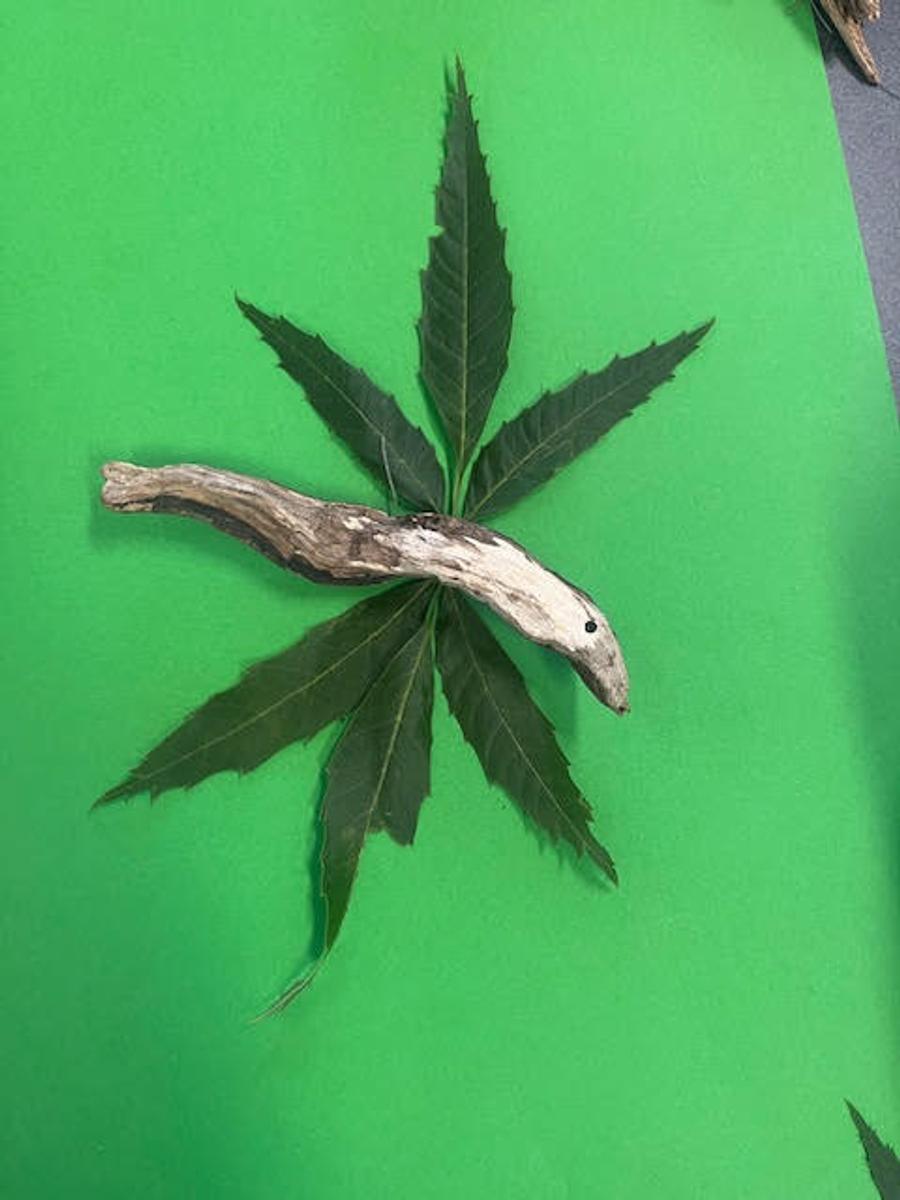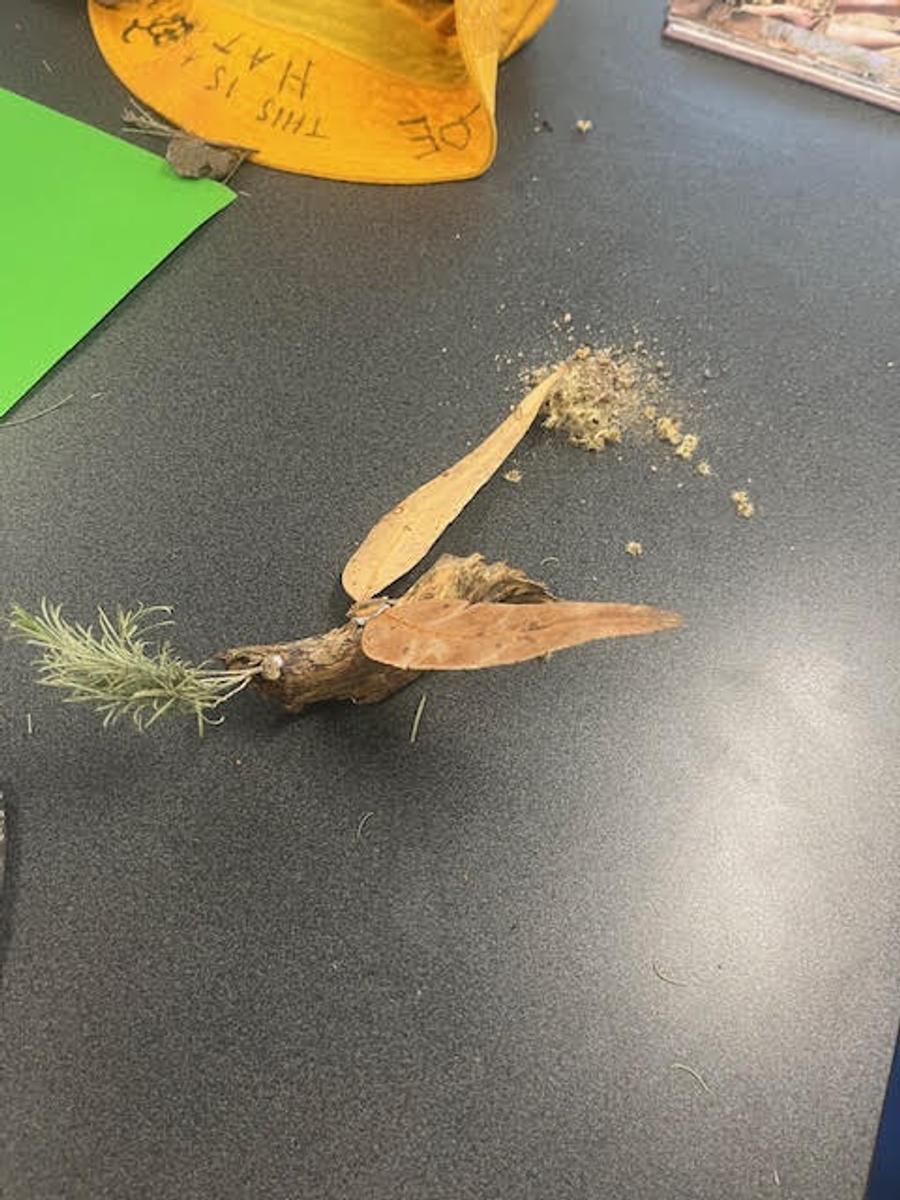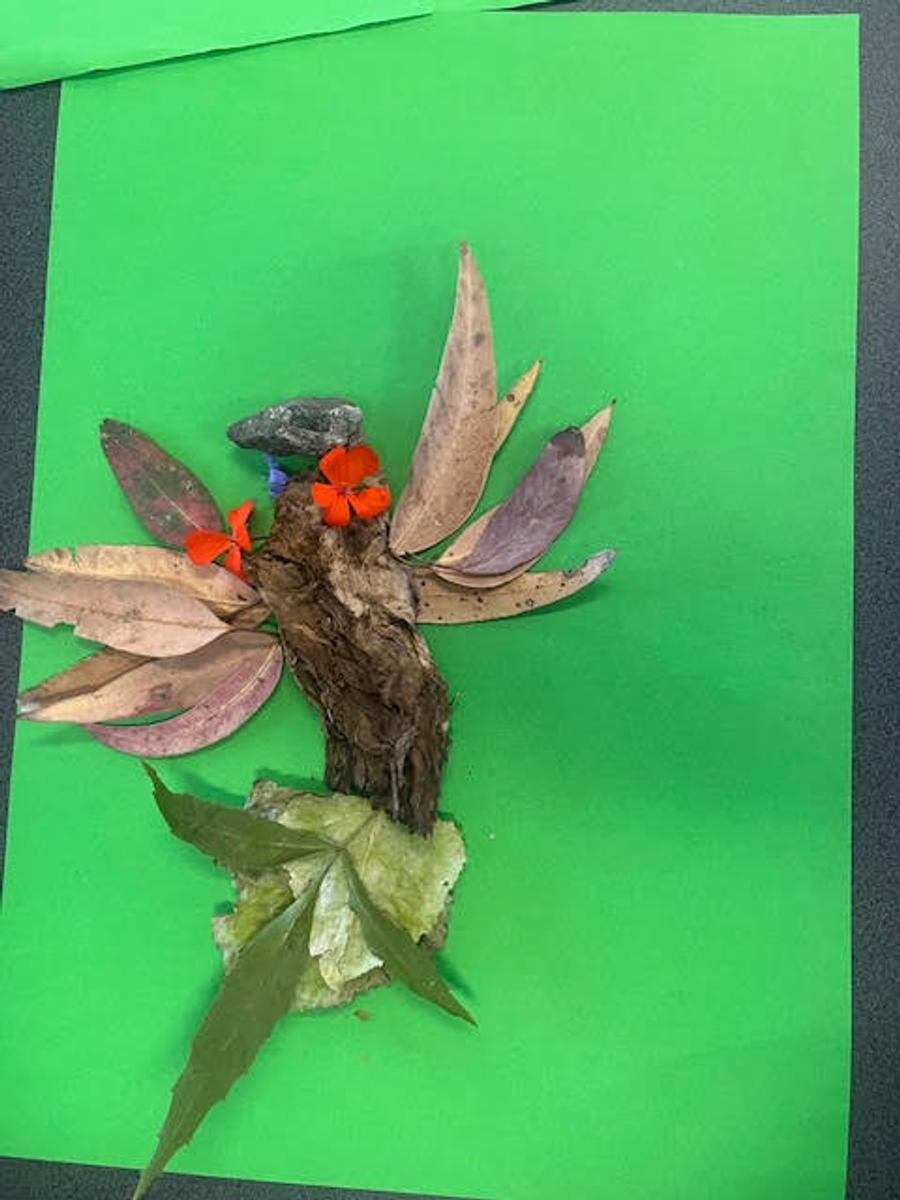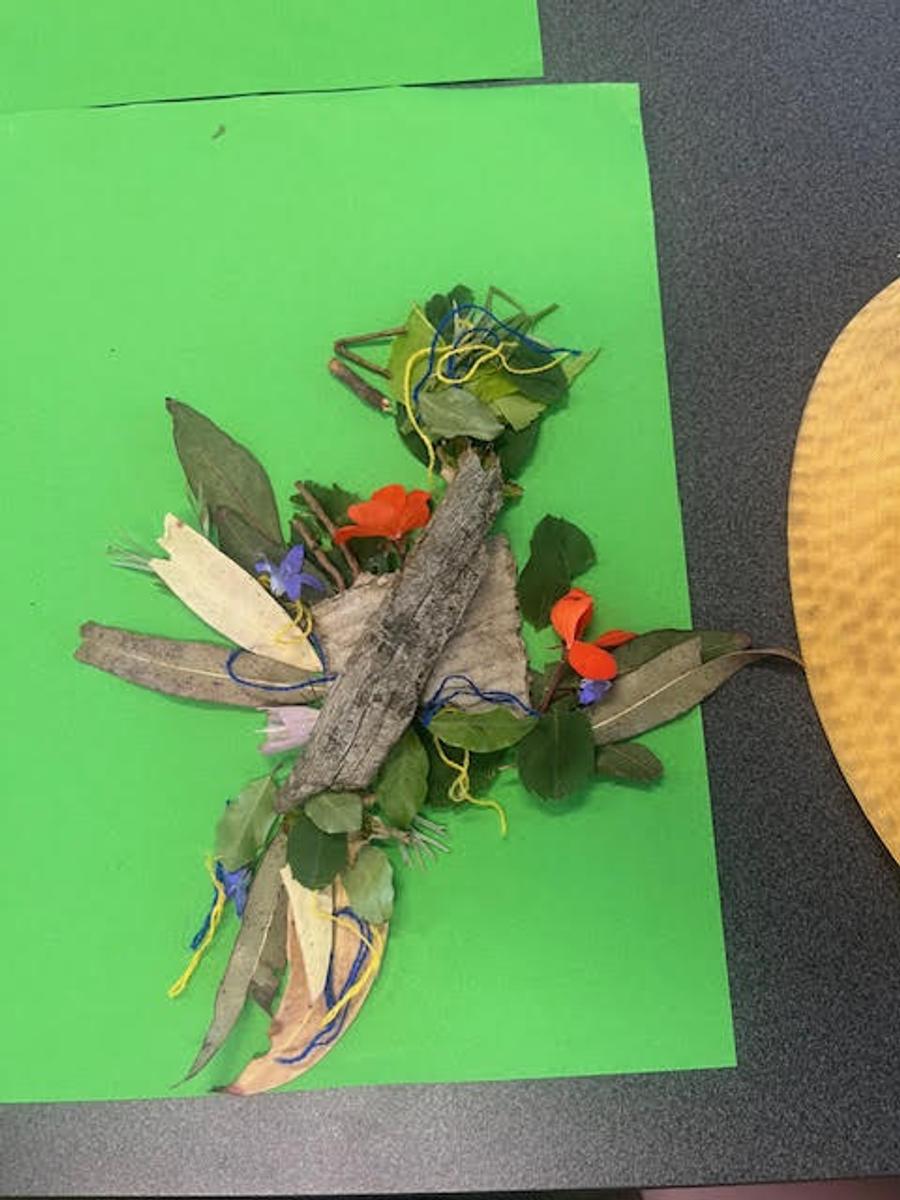Teaching and Learning Areas
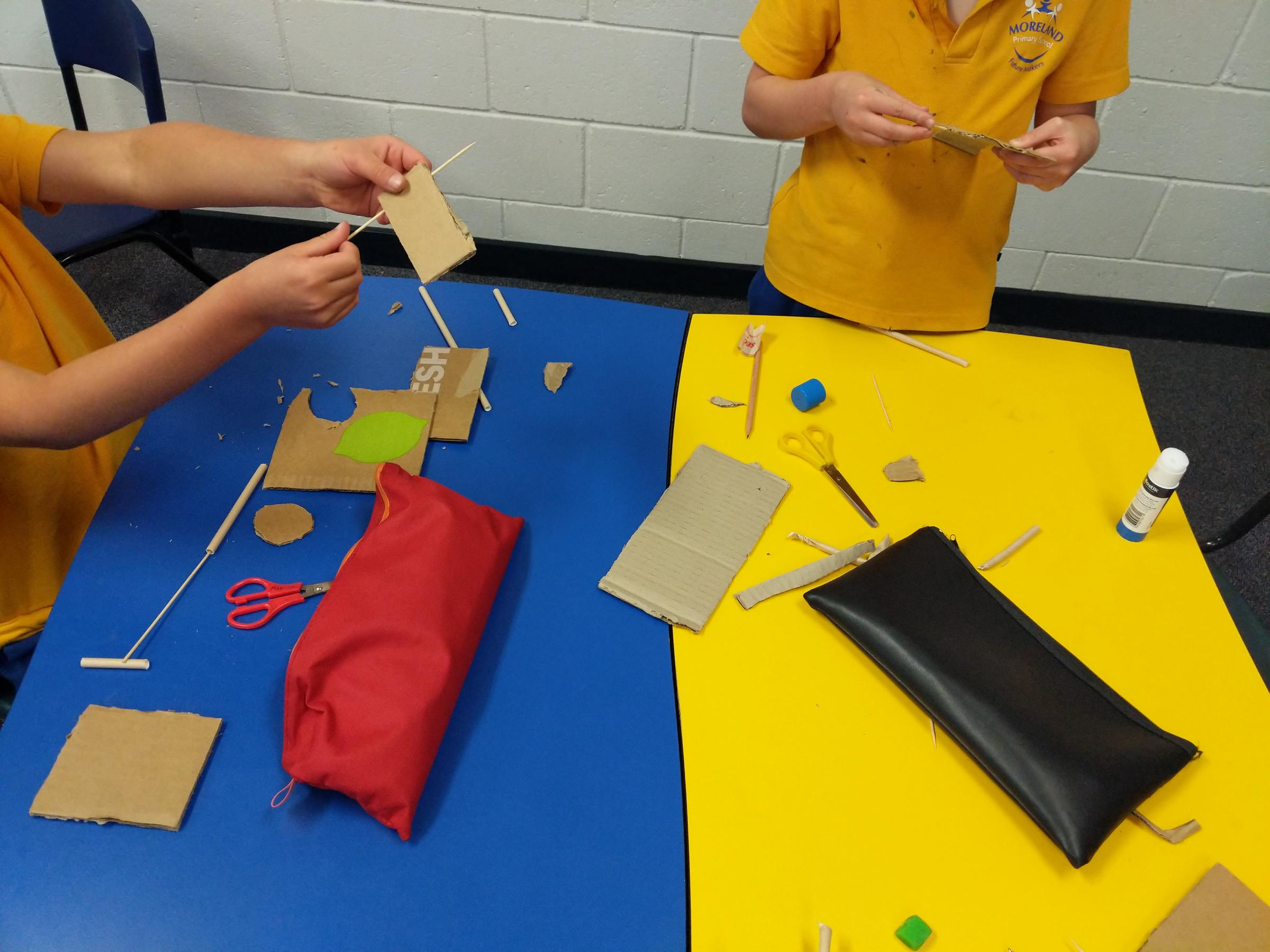
Grade 1/2
The Grade 1/2’s have been busy! In Reading, they have been learning about verbs and adverbs. Next week, we will be exploring suffixes such as ‘ed’ and ‘ing’, and begin looking at different types of poetry. Students will identify rhyming words and alliteration in the poems we read. In Writing, students have been creating acrostic poems. They did an amazing job choosing words and phrases to express their ideas. Next up, we’ll be exploring shape poems!
In Maths, the students been working hard on subtraction! They have practiced solving subtraction problems using different mental and written strategies such as the jump strategy on a number line. They also had fun playing various addition and subtraction games, as well as solving open ended problems. Next week, the 1/2’s will be learning about 3D shapes.
Coming up in Integrated Studies, the students will be using their learning about persuasive texts to create our own health message, promoting habits for a healthy body and mind.
A highlight for the term was our special Dinner and Sleepover! It was fantastic to see students being introduced to our camp program, having fun and spending time with their friends. Thank you to all staff for making the event happen and a special thank you to Sengul for taking many great photos. We have shared some here for you to enjoy.
Grade 3/4
Hi families and carers,
Grade 3/4 have been working hard making their upcycled products to sell at the sustainability market. Products made from waste include recycled paper, jewellery from plastic or leather scraps, cardboard paintings, bowls made out of egg cartons, key rings, compost jars, phone holders, vegetables regrown from scraps, painted pots, and bags made out of recycled fabrics.
We hope to see you in Week 9 on Wednesday after school for our sustainability market. Please consider purchasing these products which raises funds for having colour coded and labelled waste bins in every classroom.
In literacy, students have been working on an Author Study where they analyse texts by Australian author and poet Claire Saxby.
Writing lessons have been focusing on creating poetry including structures such as haikus, free verse and rhyme. Students have been encouraged to include figurative language such as onomatopoeia, imagery and similes.
We were overwhelmed by how much effort students and families put into poetry reciting on Poetry Celebration Day. Getting to have Zooper Doopers while listening to some awesome poetry was definitely a highlight this term. All teachers were so impressed with the efforts and amazing ability our students showed while presenting. Thank you families for supporting your child with this project.
In Maths, we have been focusing on the topic Fractions and Decimals. Students have been representing fractions in many ways including in shapes, collections, words eg one third, symbols (numerator and denominator) and on a number line. They have played a range of games and activities to help consolidate this learning. Grade 4 students were introduced to the relationship between fractions and decimals as well as extending place value to tenths and hundredths.
Health lessons began yesterday and will continue approximately twice a week over the next few weeks.
We hope everyone has an enjoyable rest of the term!
From Grade 3/4 teachers
Gradee 5/6
As part of exploring Indigenous literacy, the ⅚ students have been learning about Bunjil the eagle and his importance in Indigenous culture and history. The book ‘Bundjil Creation Story’ displayed images of different versions of Bunjil and different ways to create him by using natural resources. This inspired the students to explore their school yard to collect their own materials to build their version of Bunjil.
The Indigenous Literacy curriculum focuses on deepening students' understanding and appreciation of the rich cultural heritage, languages, and storytelling traditions of Australia’s First Nations peoples. Through exploration of Indigenous texts, both traditional and contemporary, students will engage with stories that reflect diverse perspectives and experiences. The curriculum emphasises the importance of oral traditions, the role of Country and place in storytelling, and the value of Indigenous languages. Activities will include reading, listening to Indigenous authors, reflecting on themes such as identity, connection to land, and cultural continuity, while fostering respect and empathy for Australia’s Indigenous heritage

